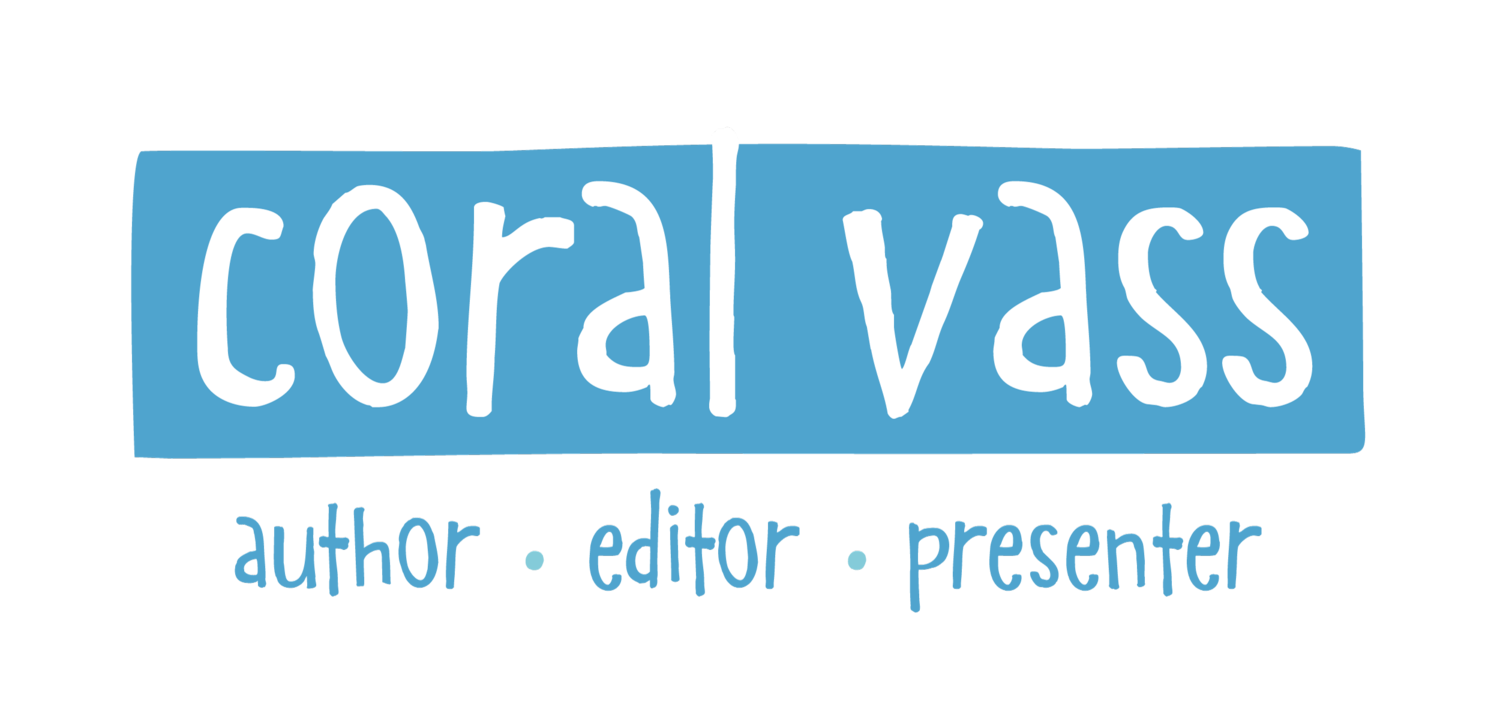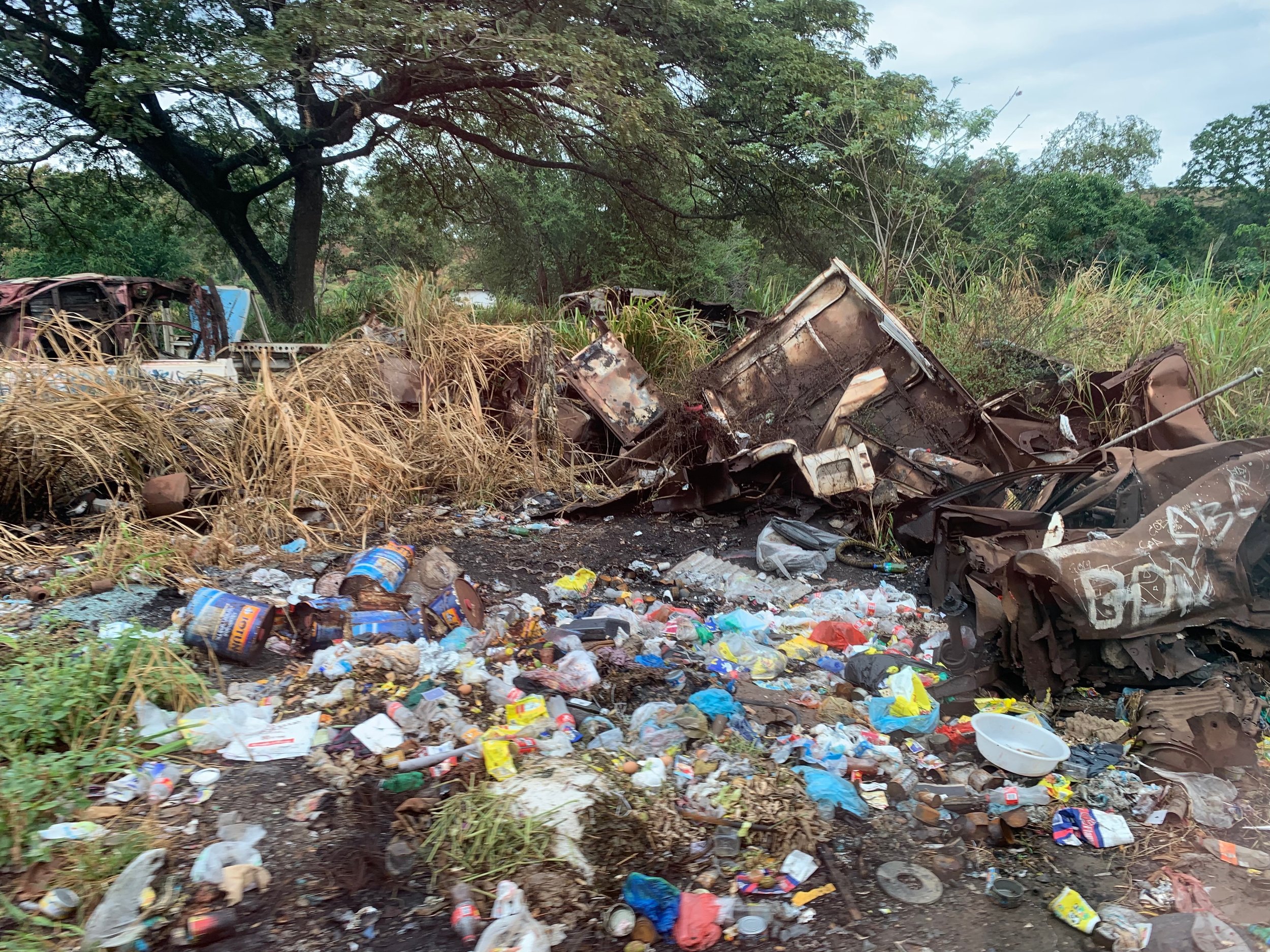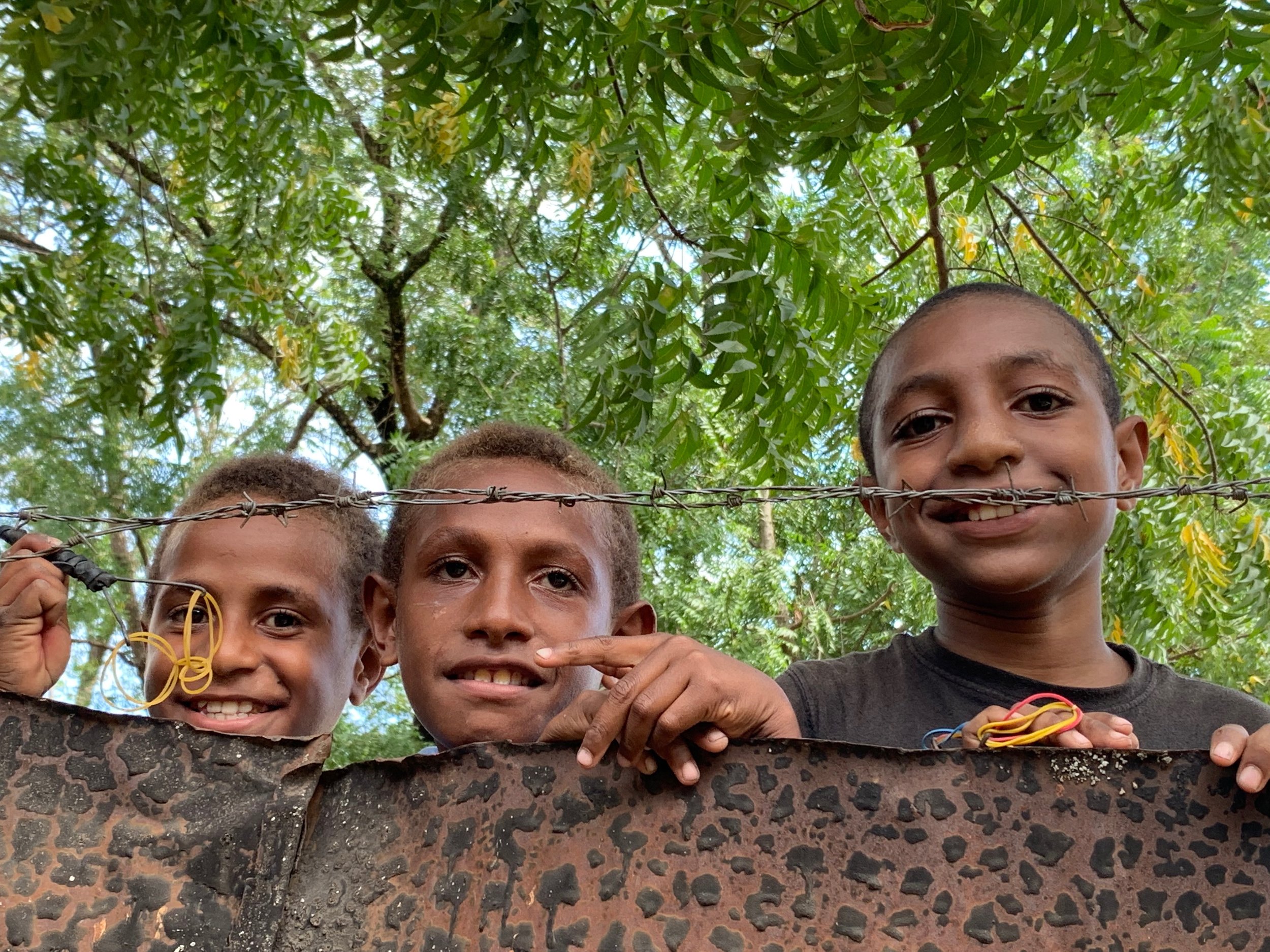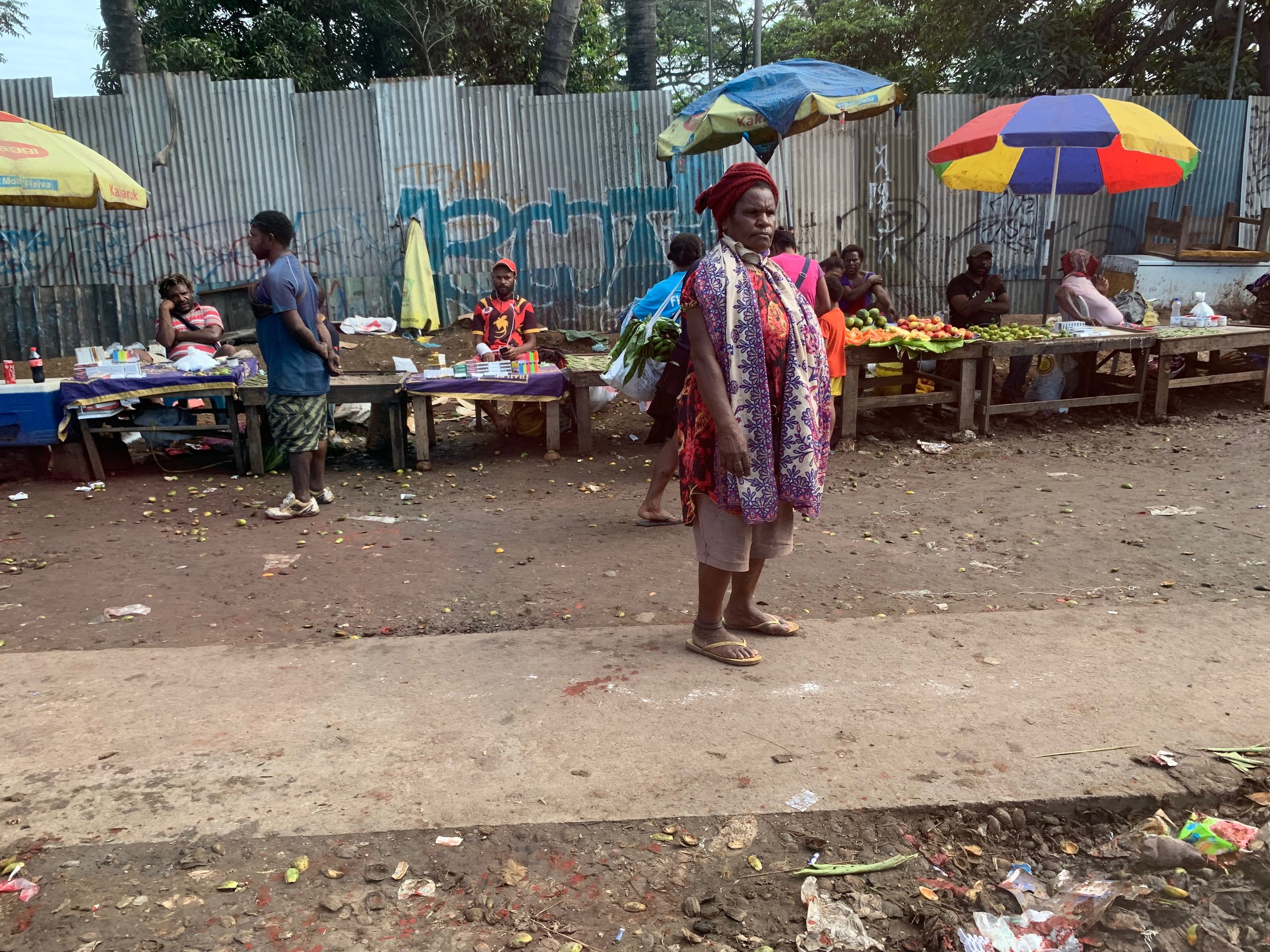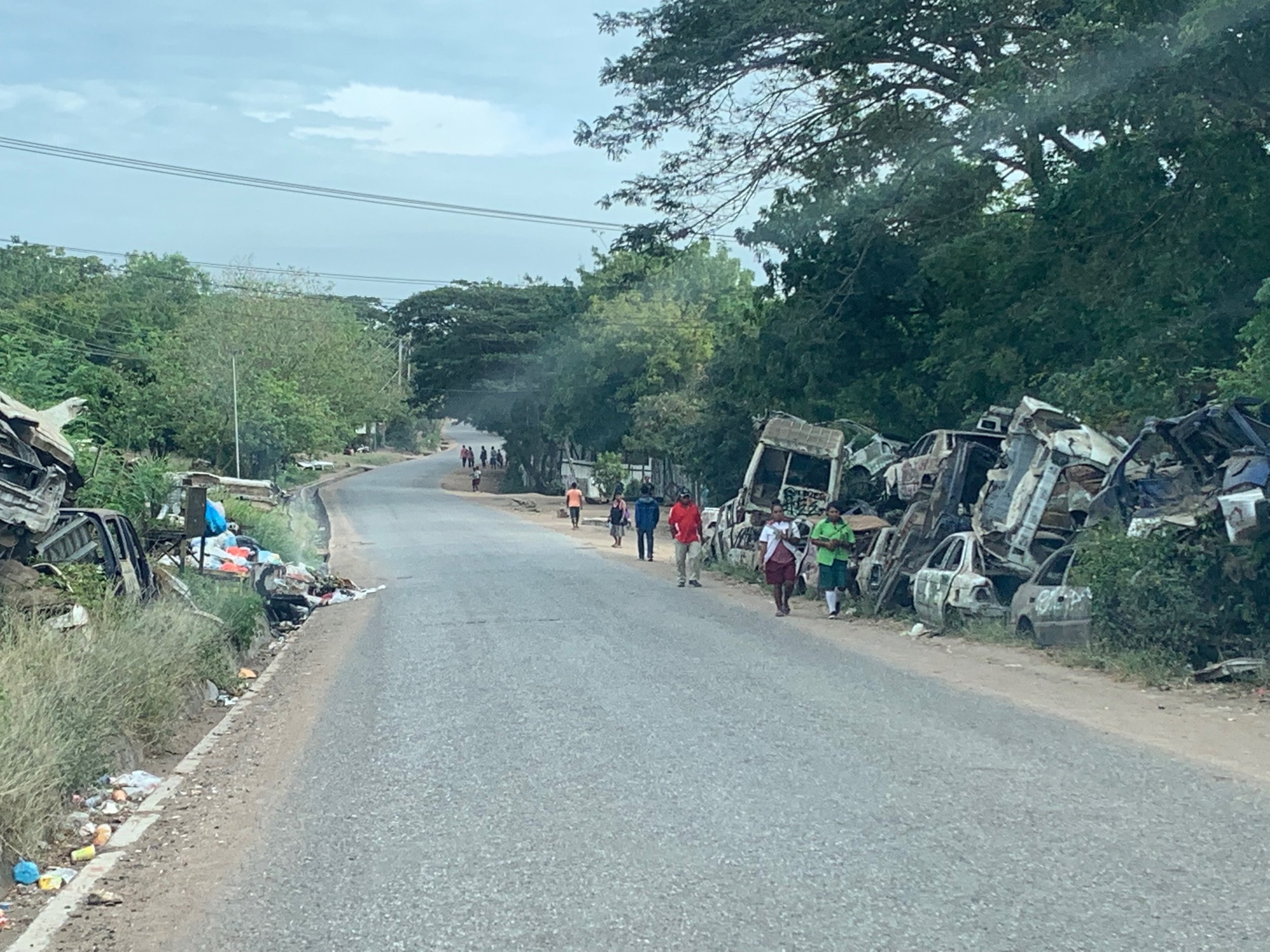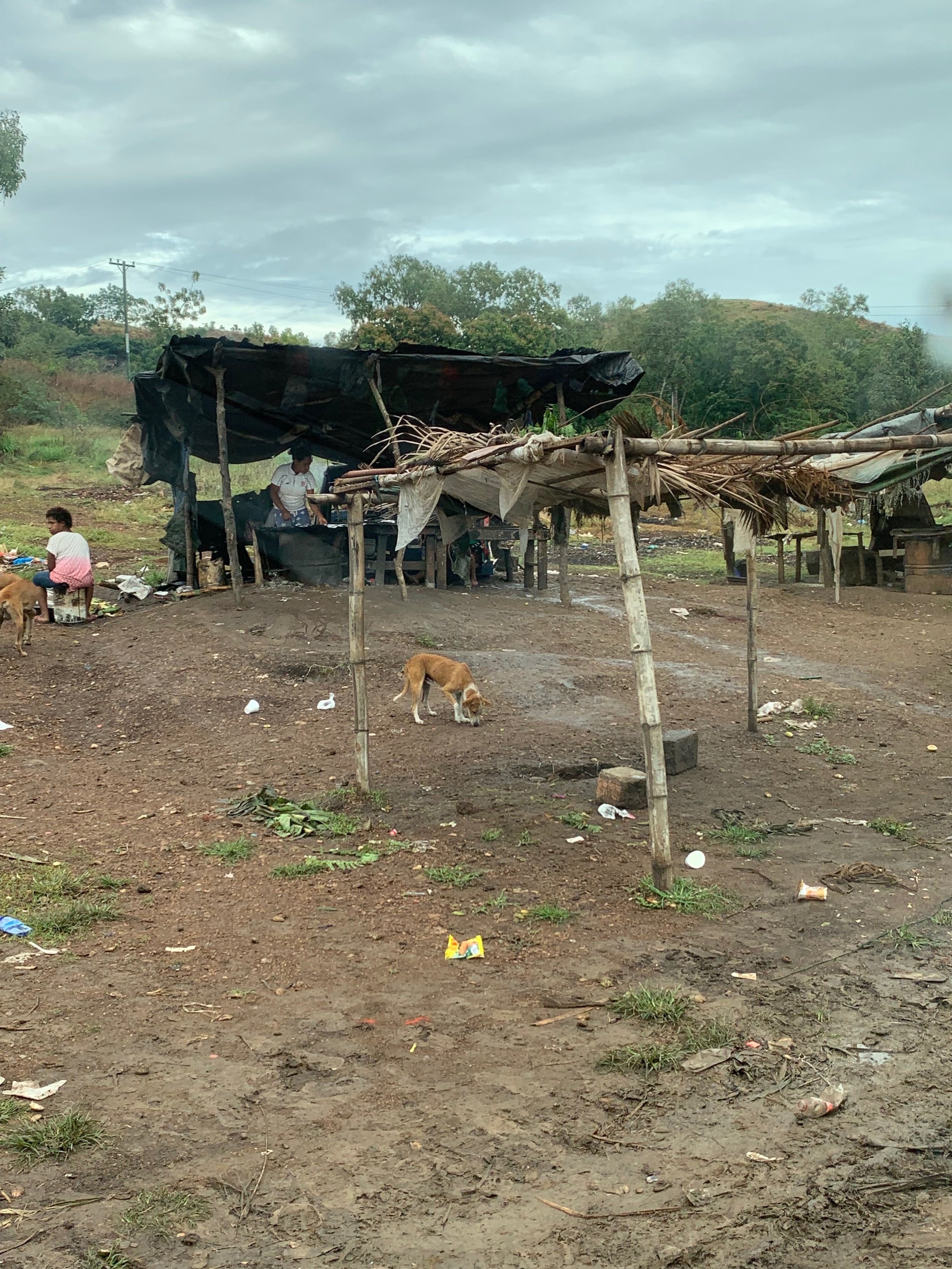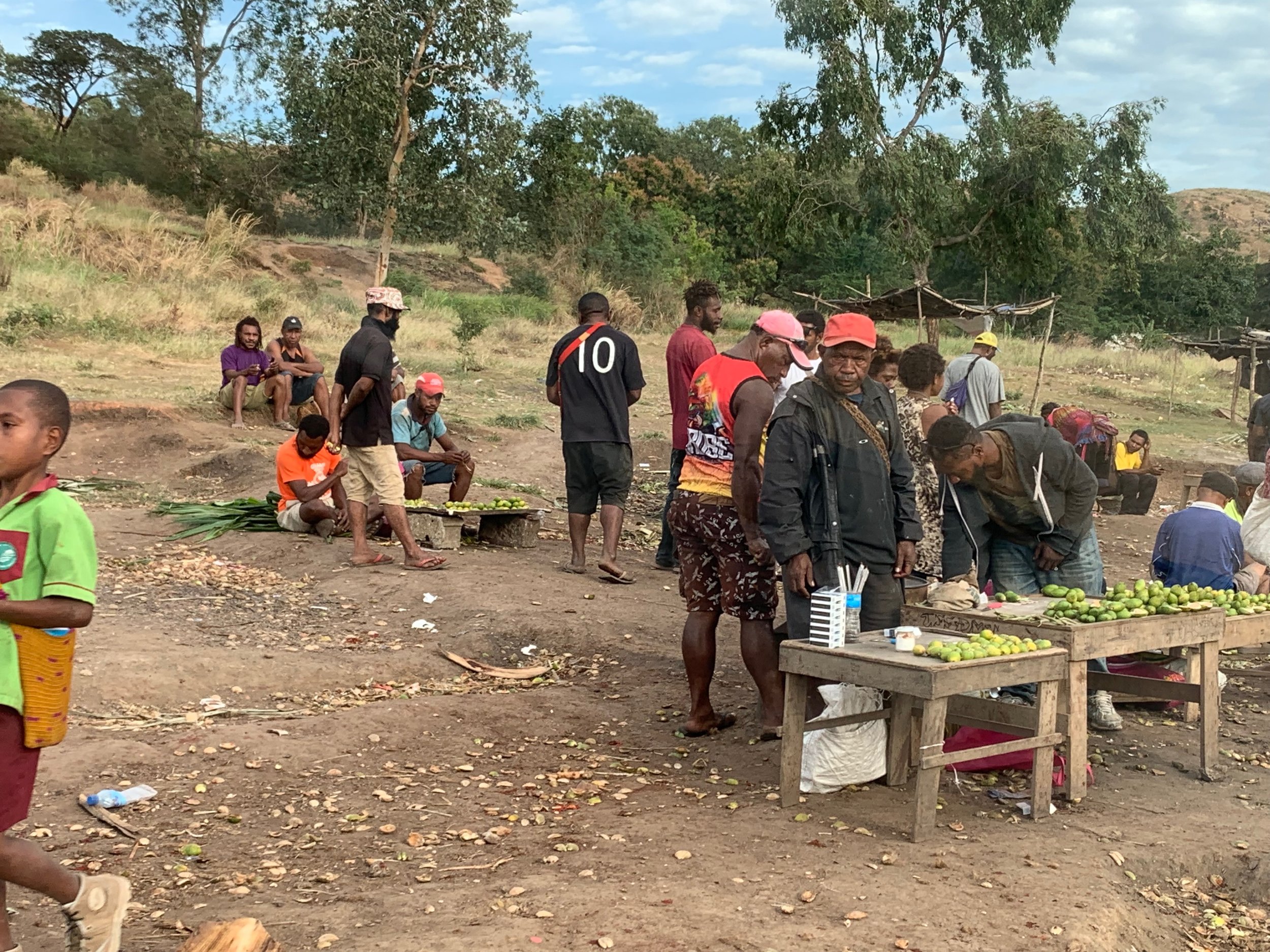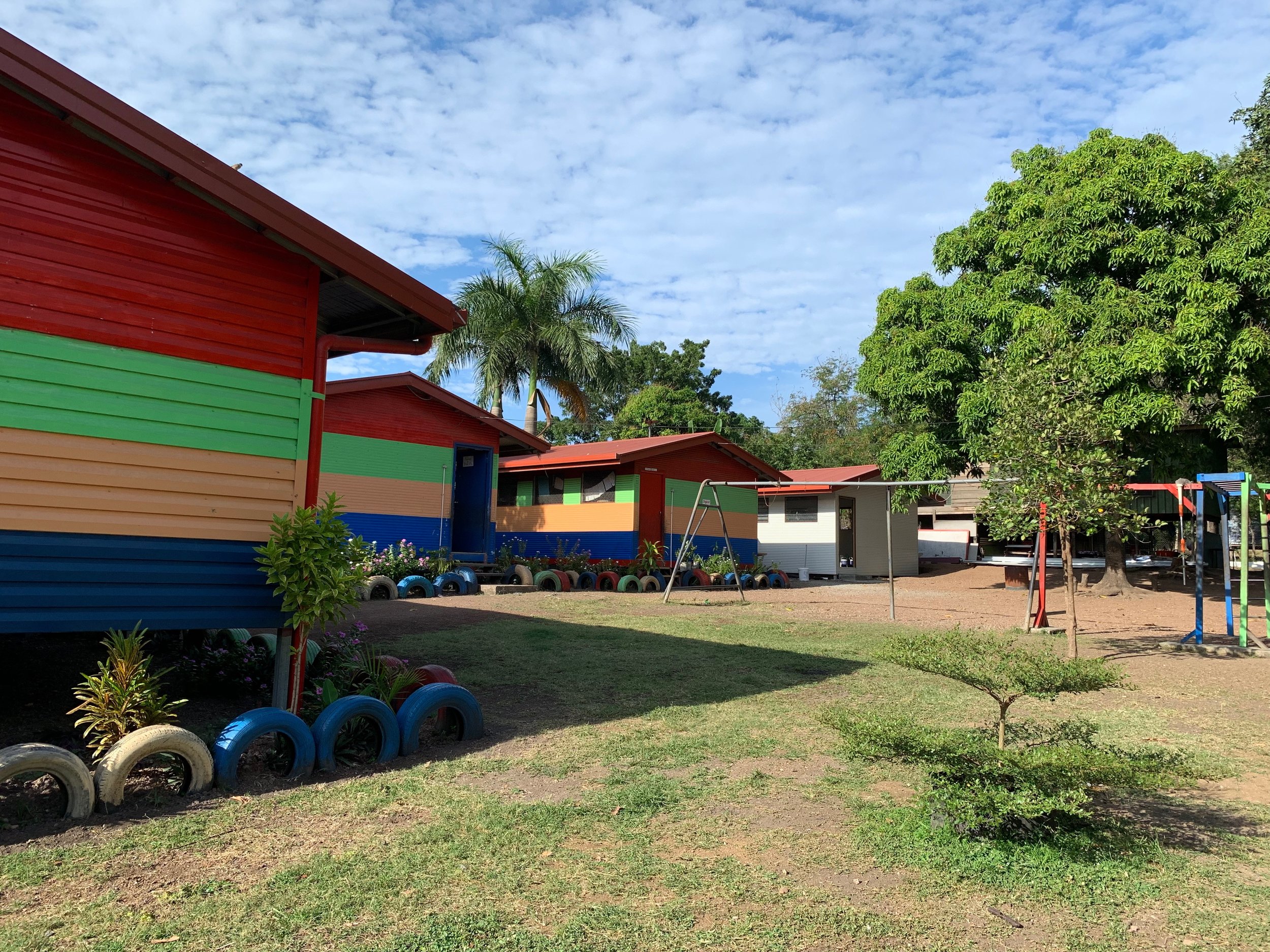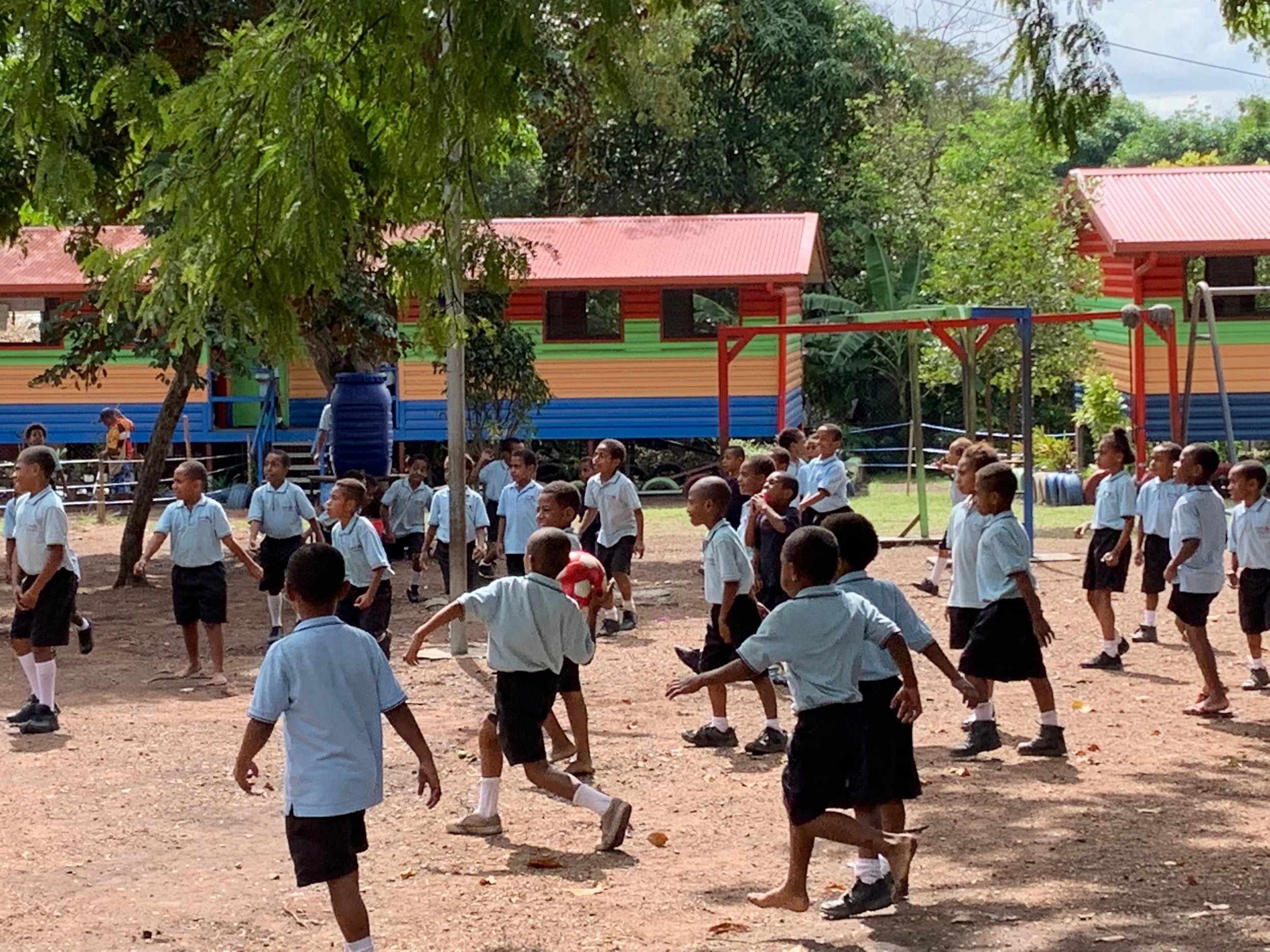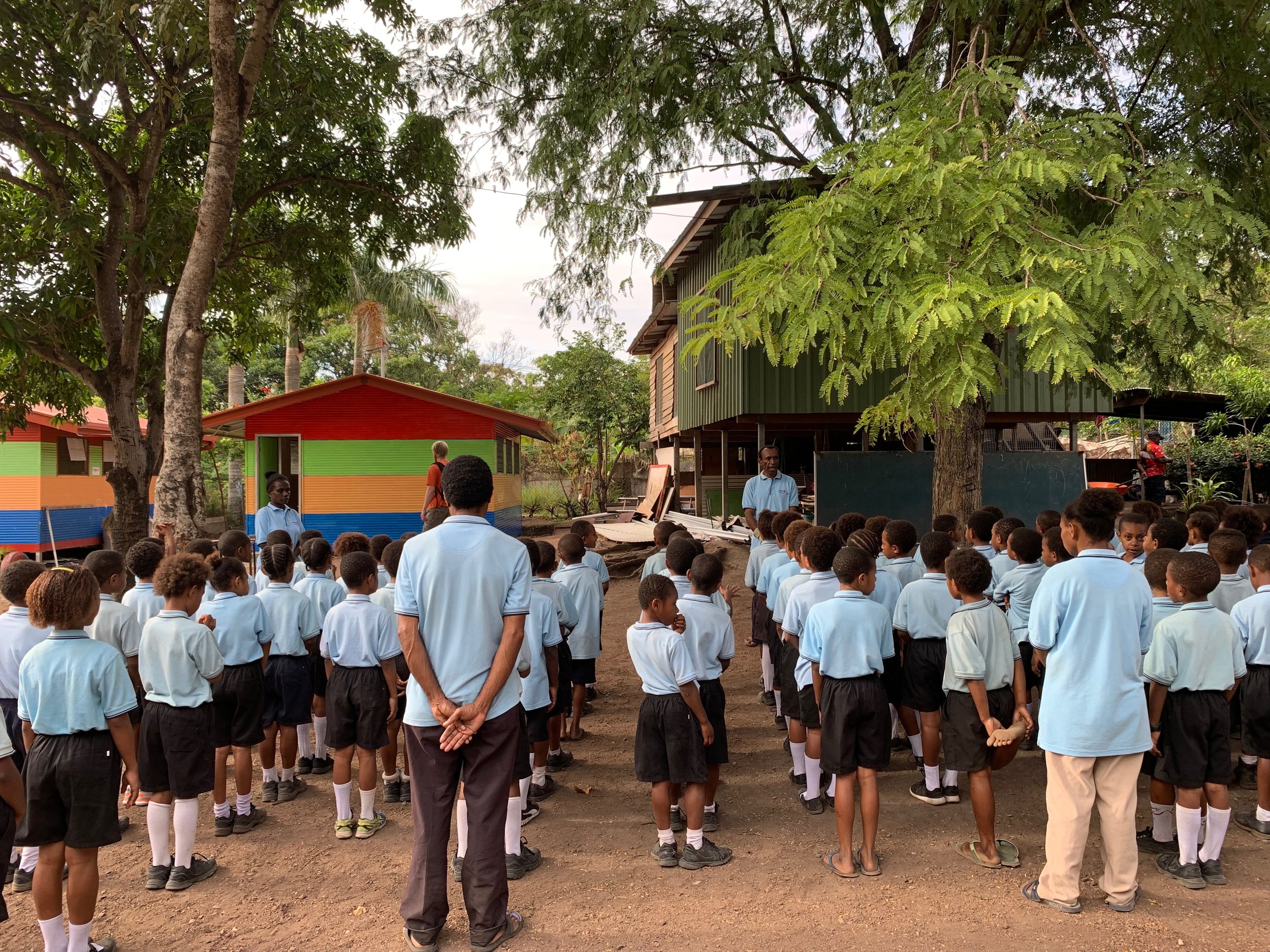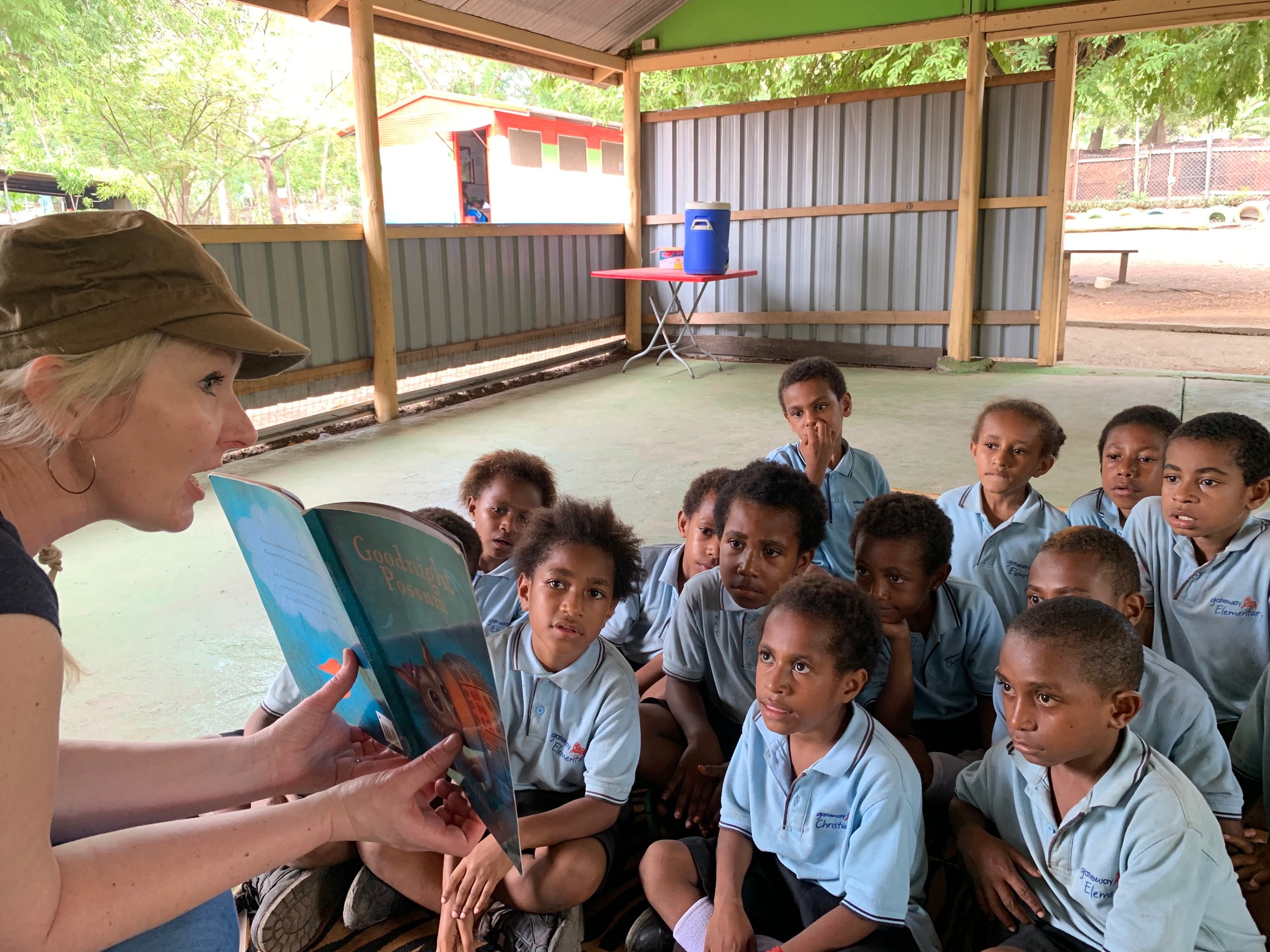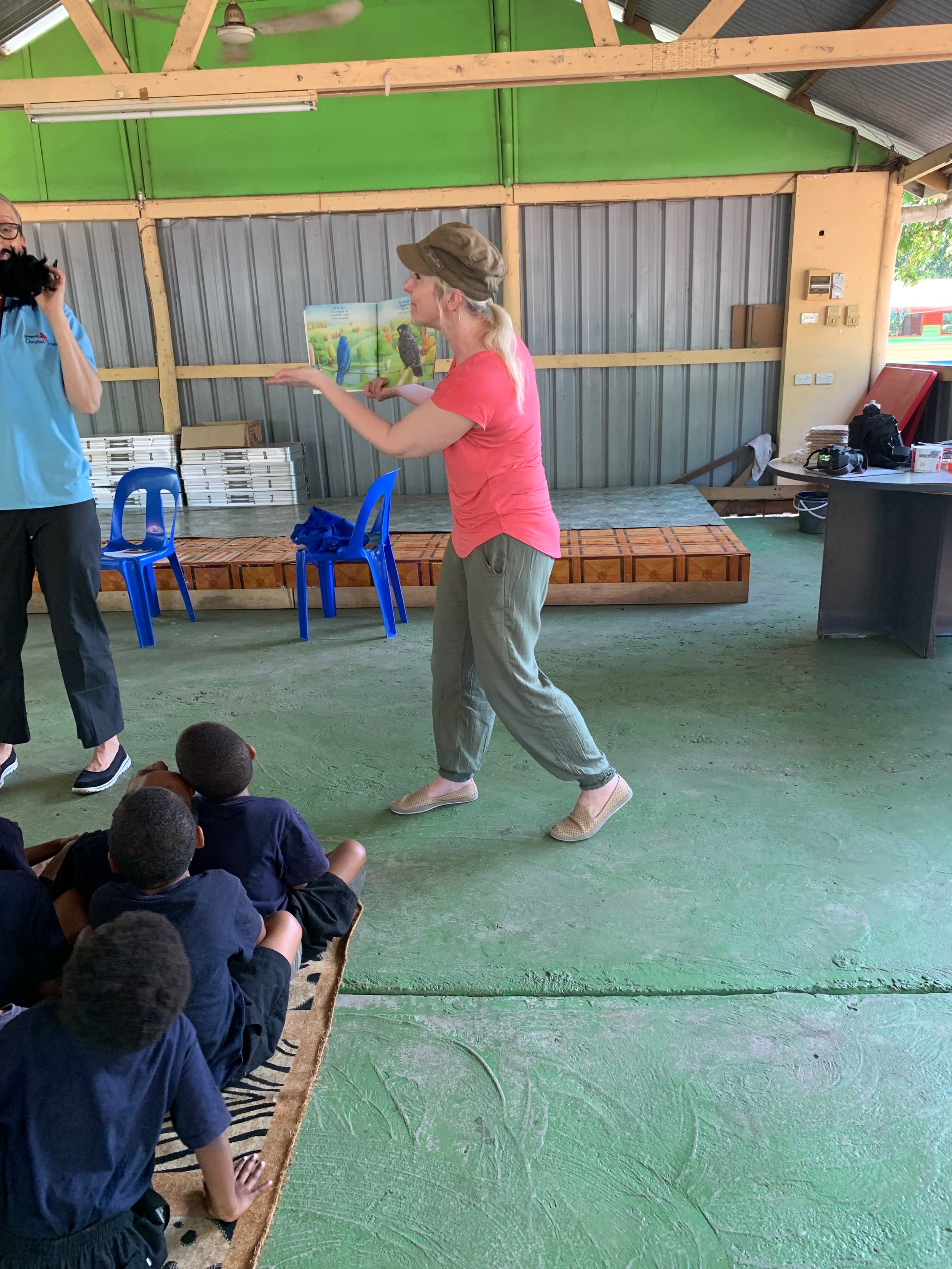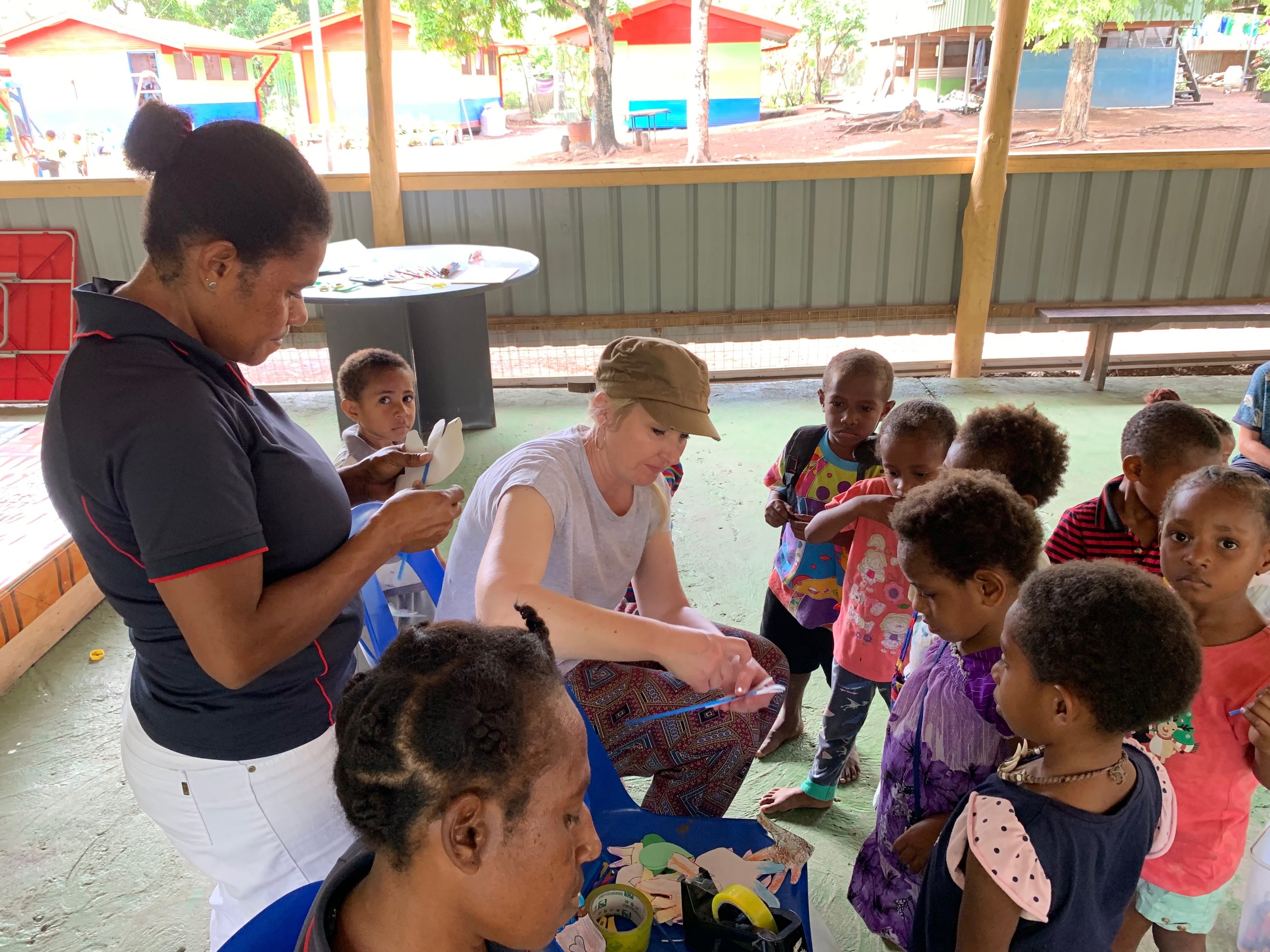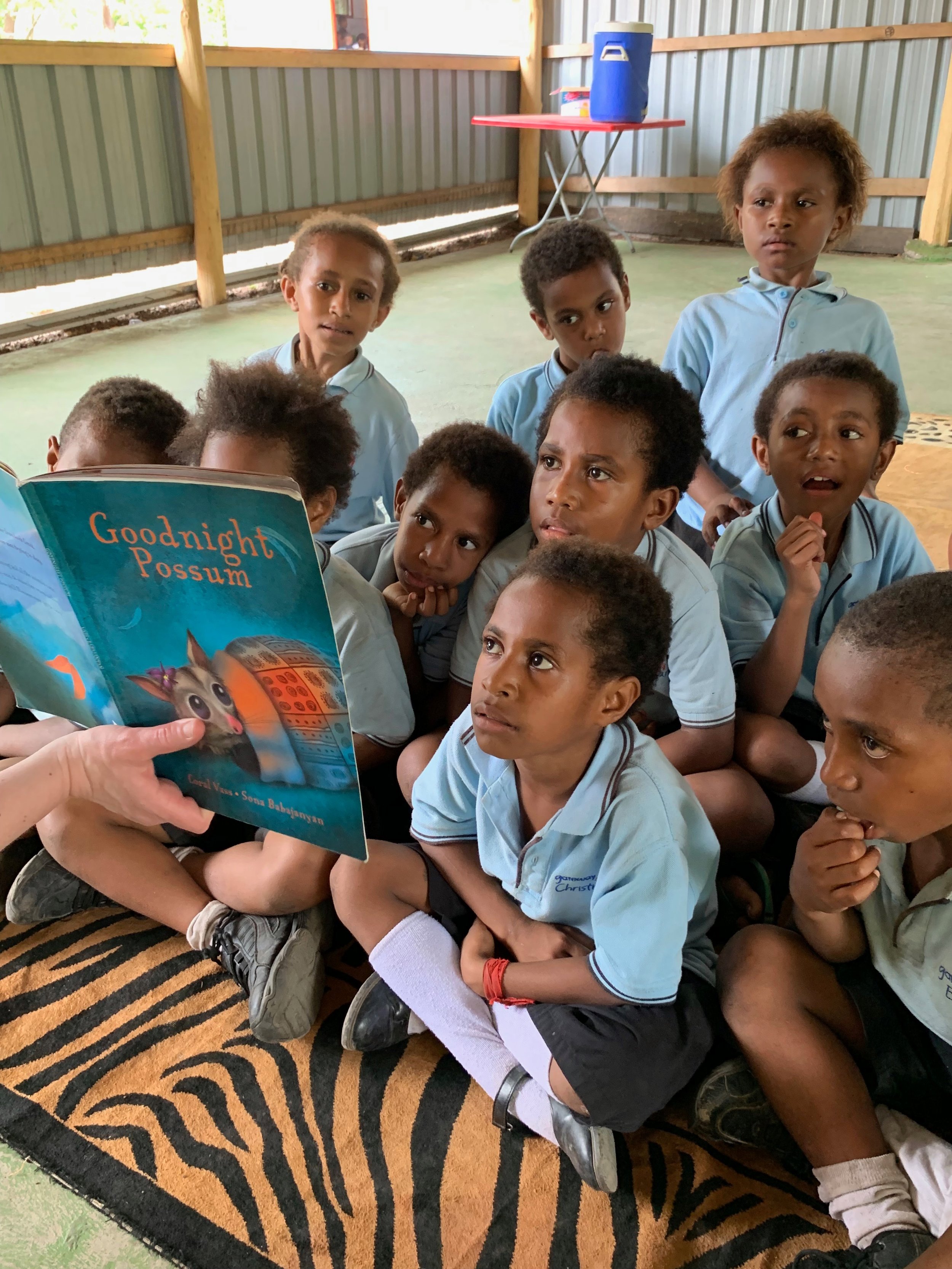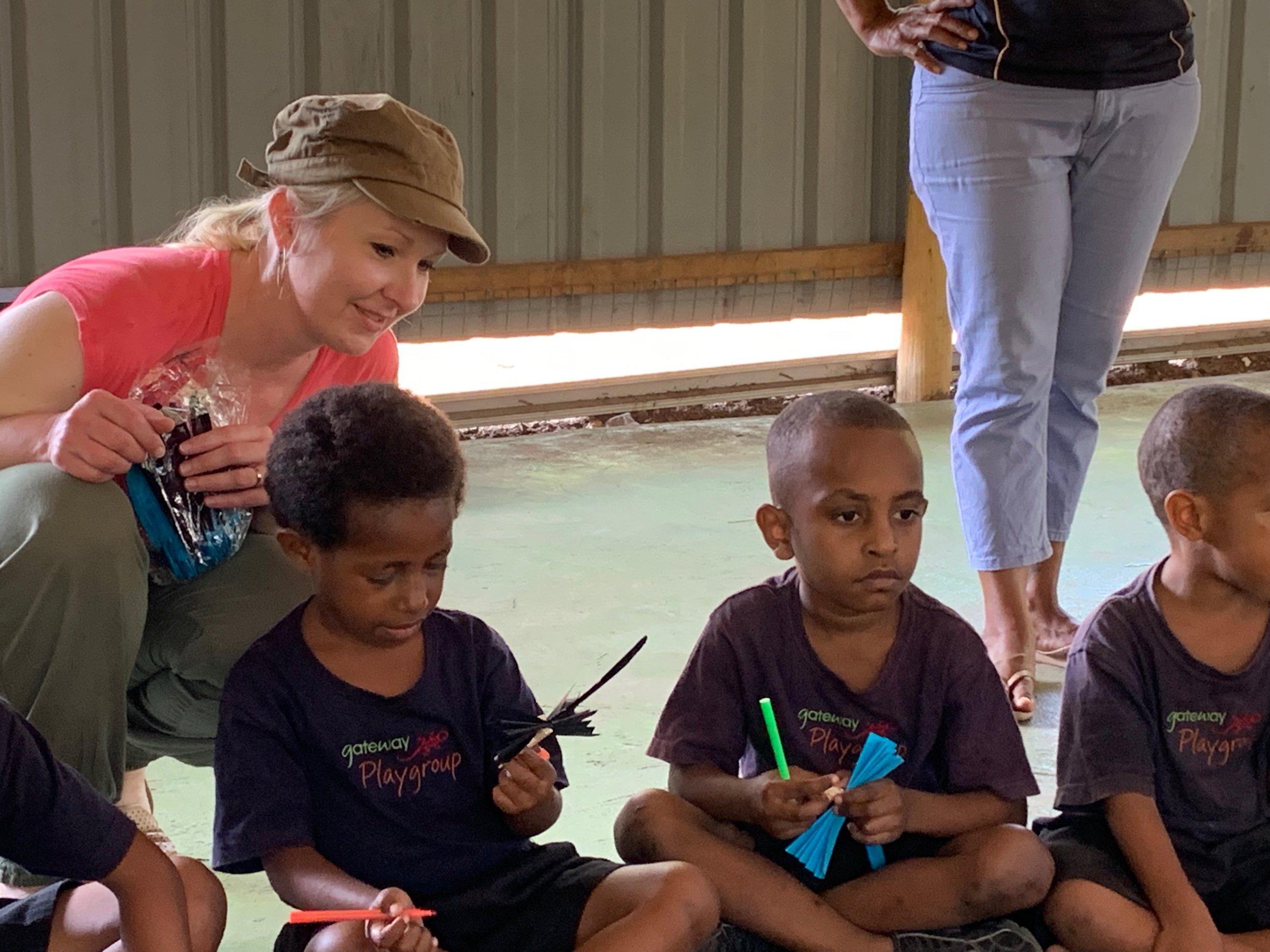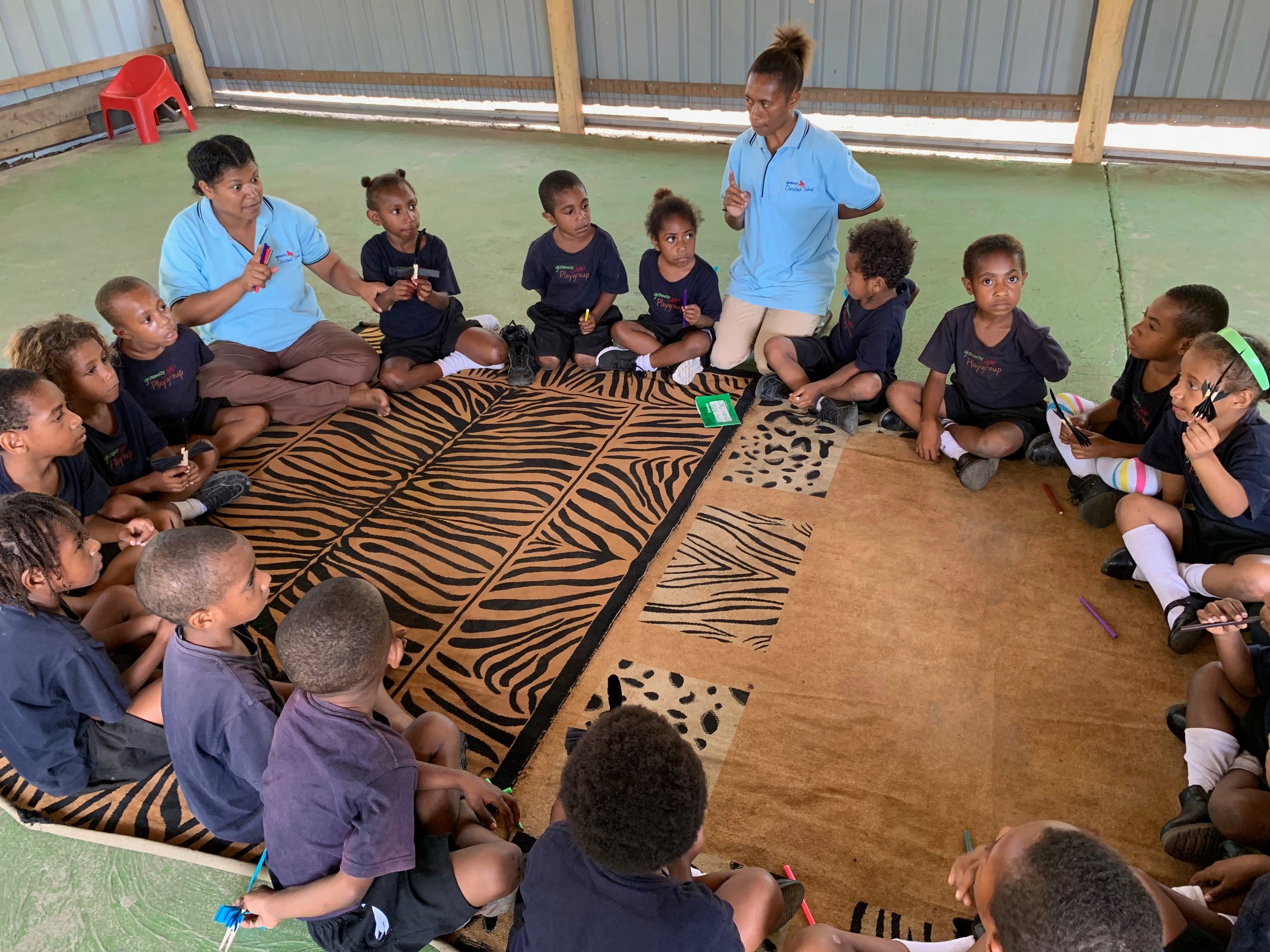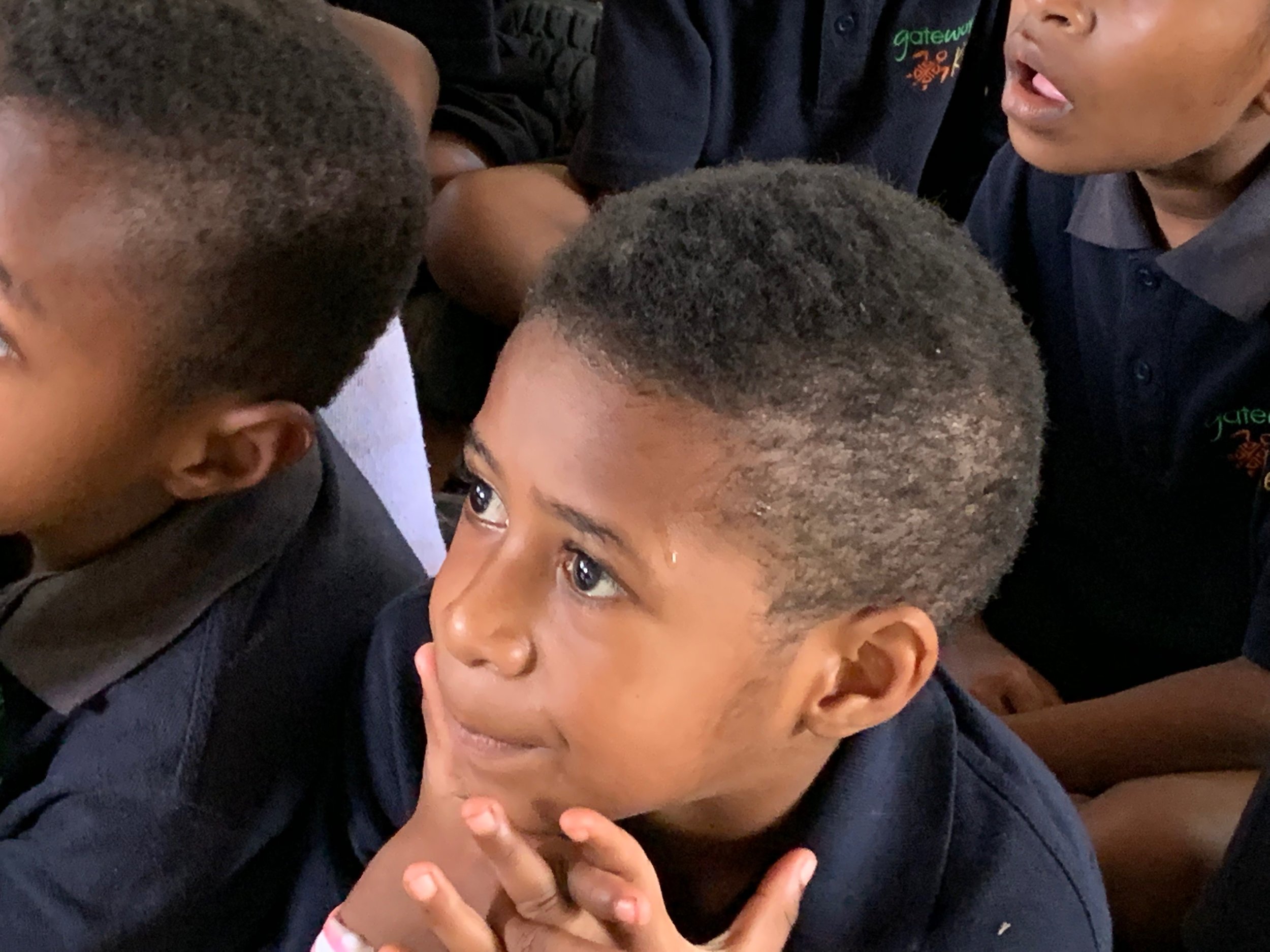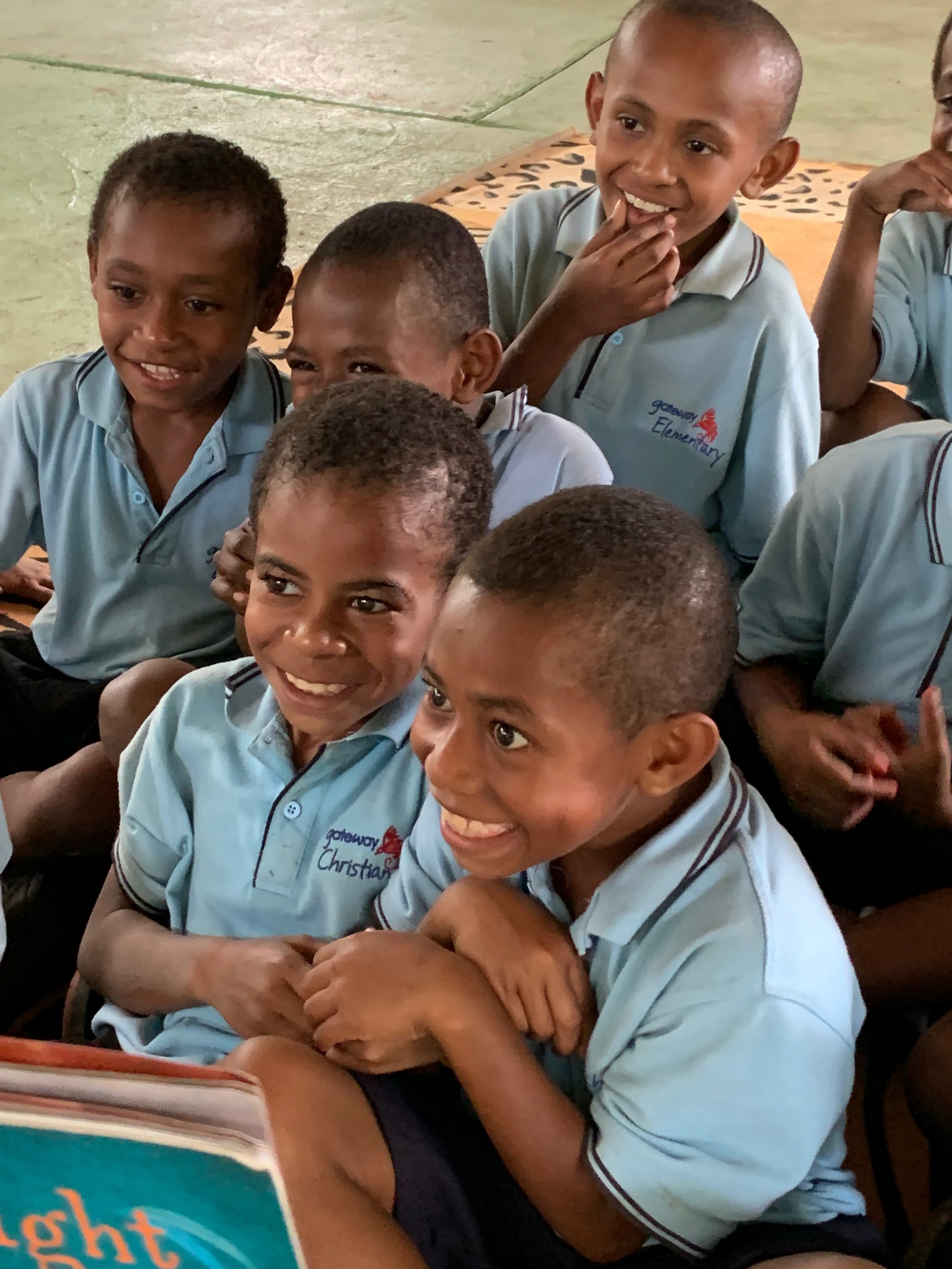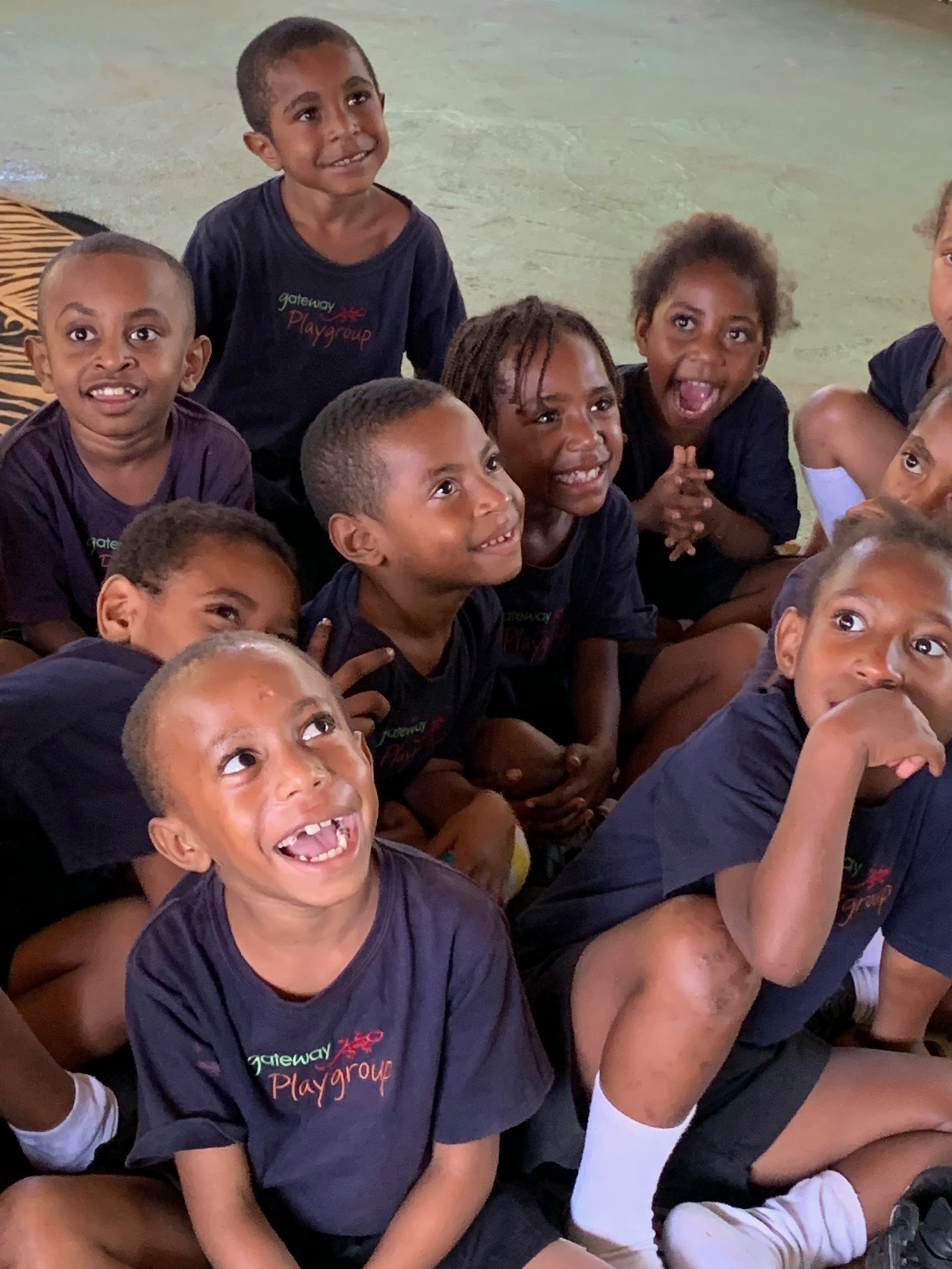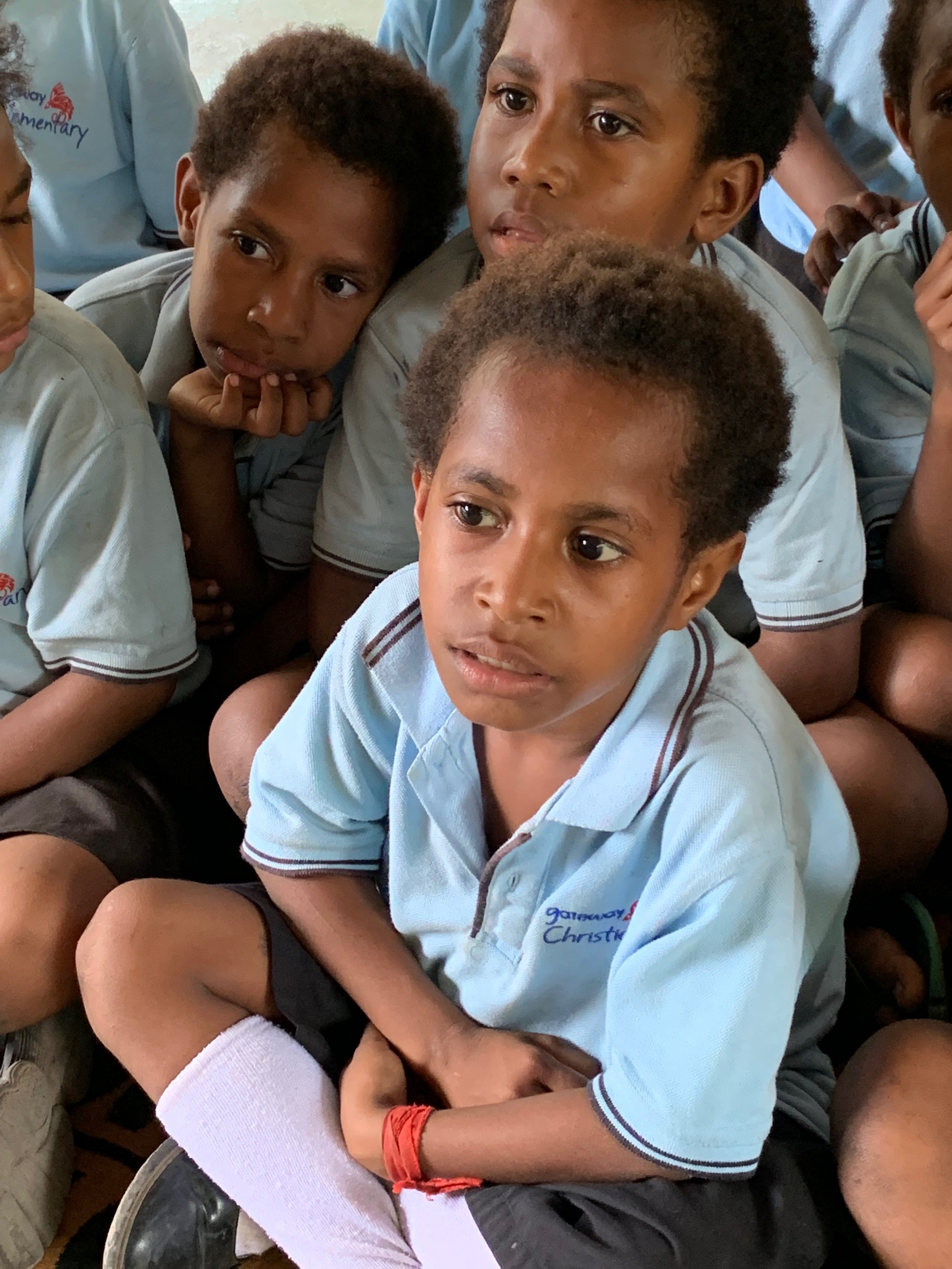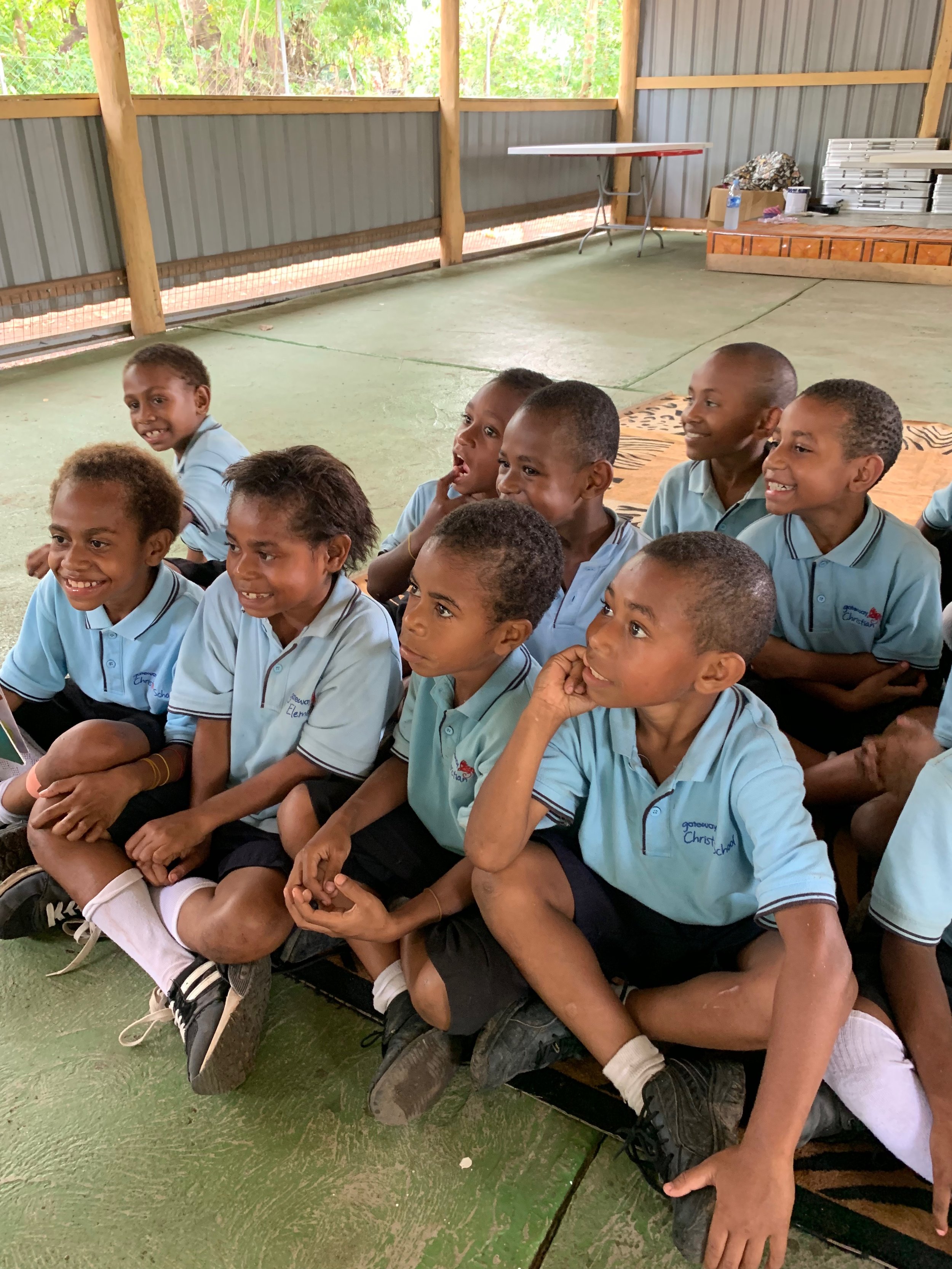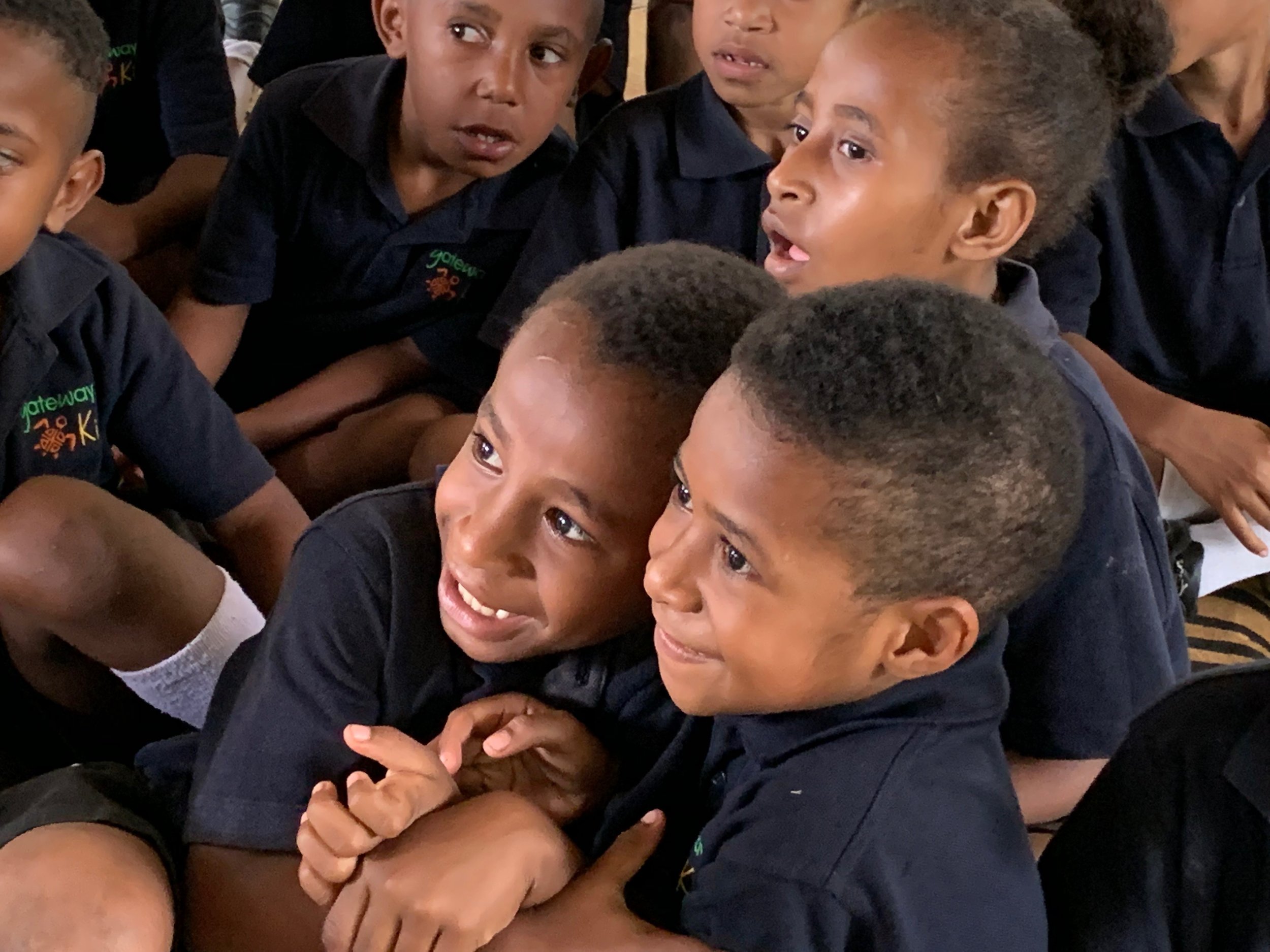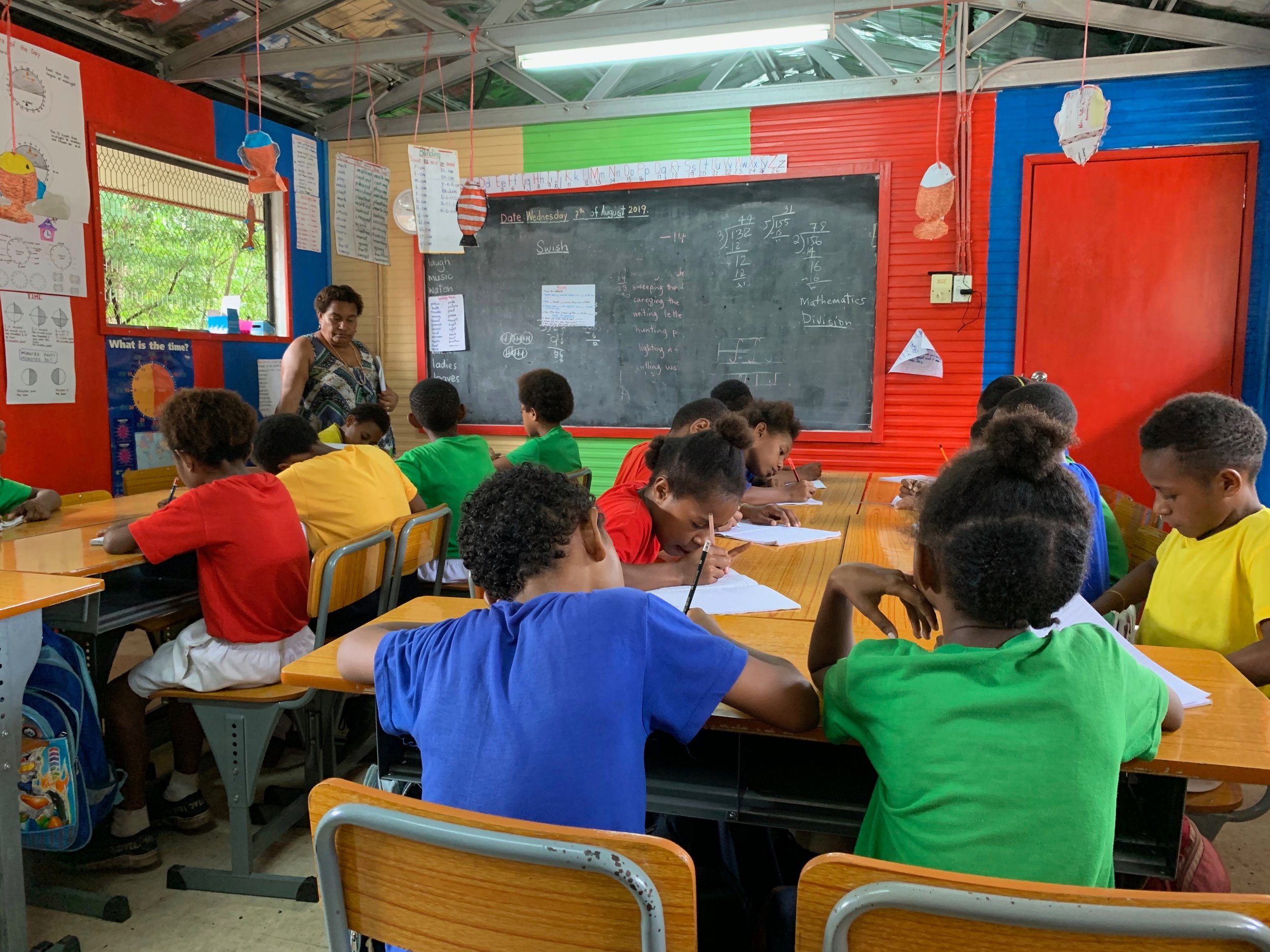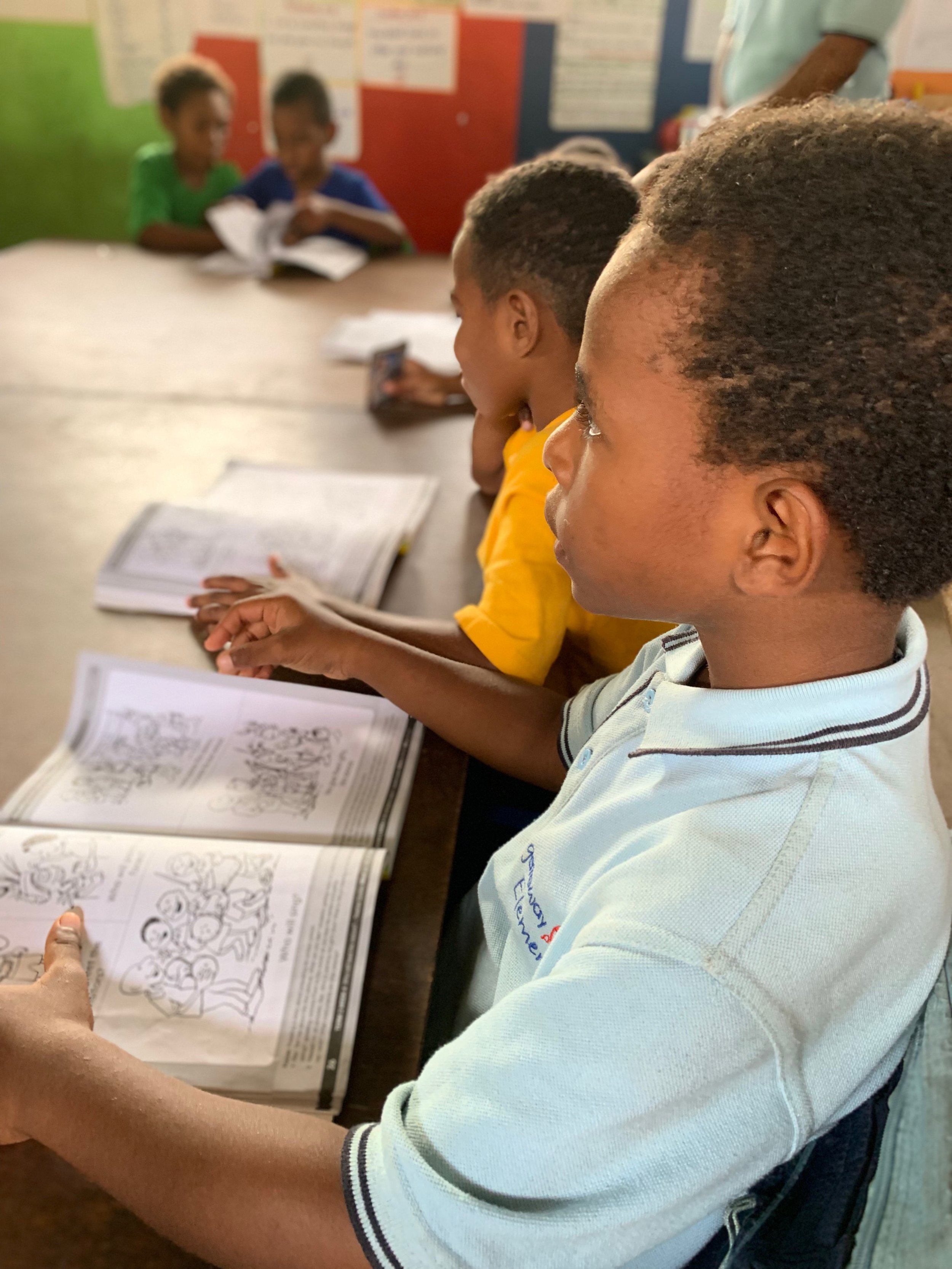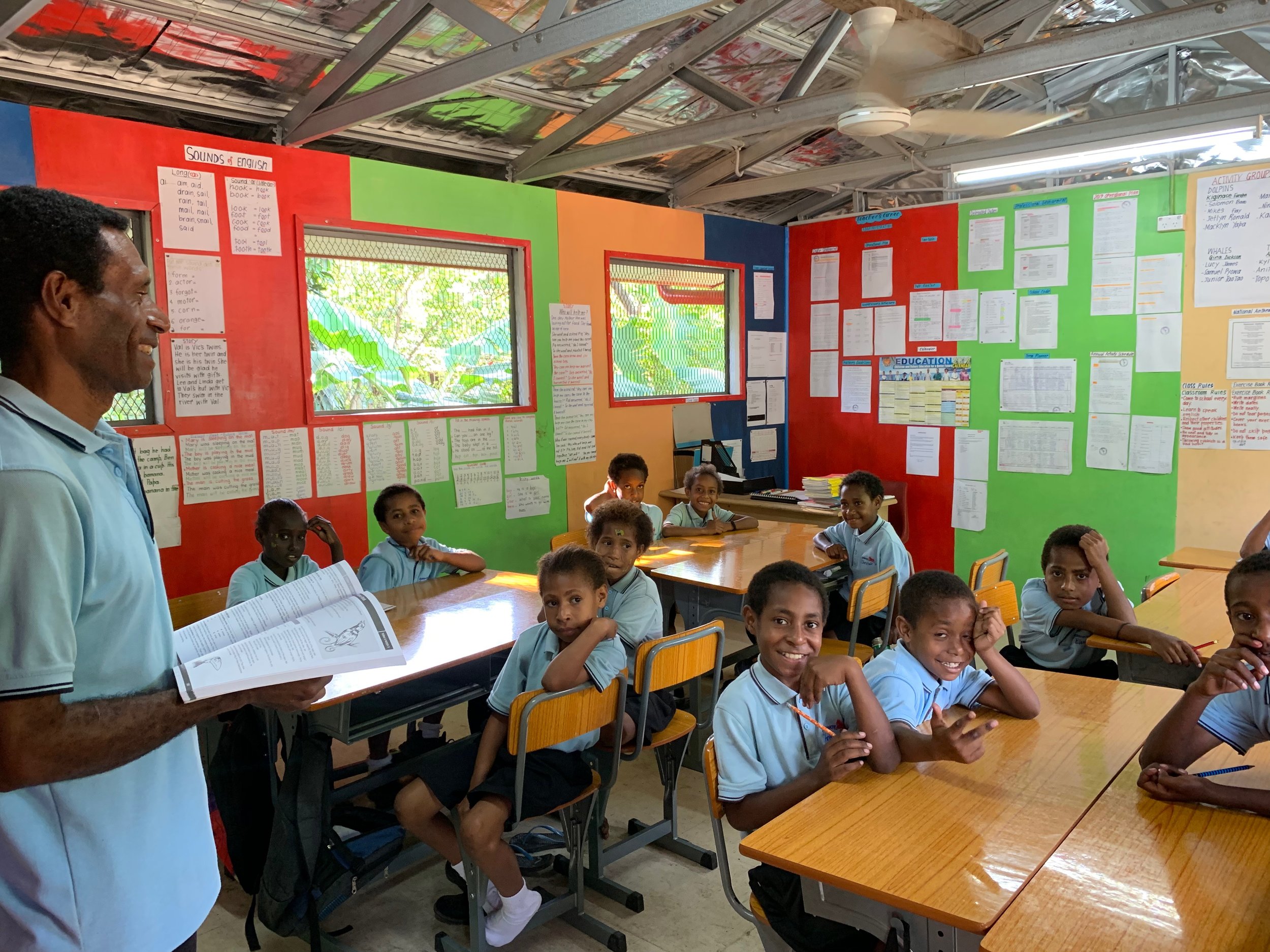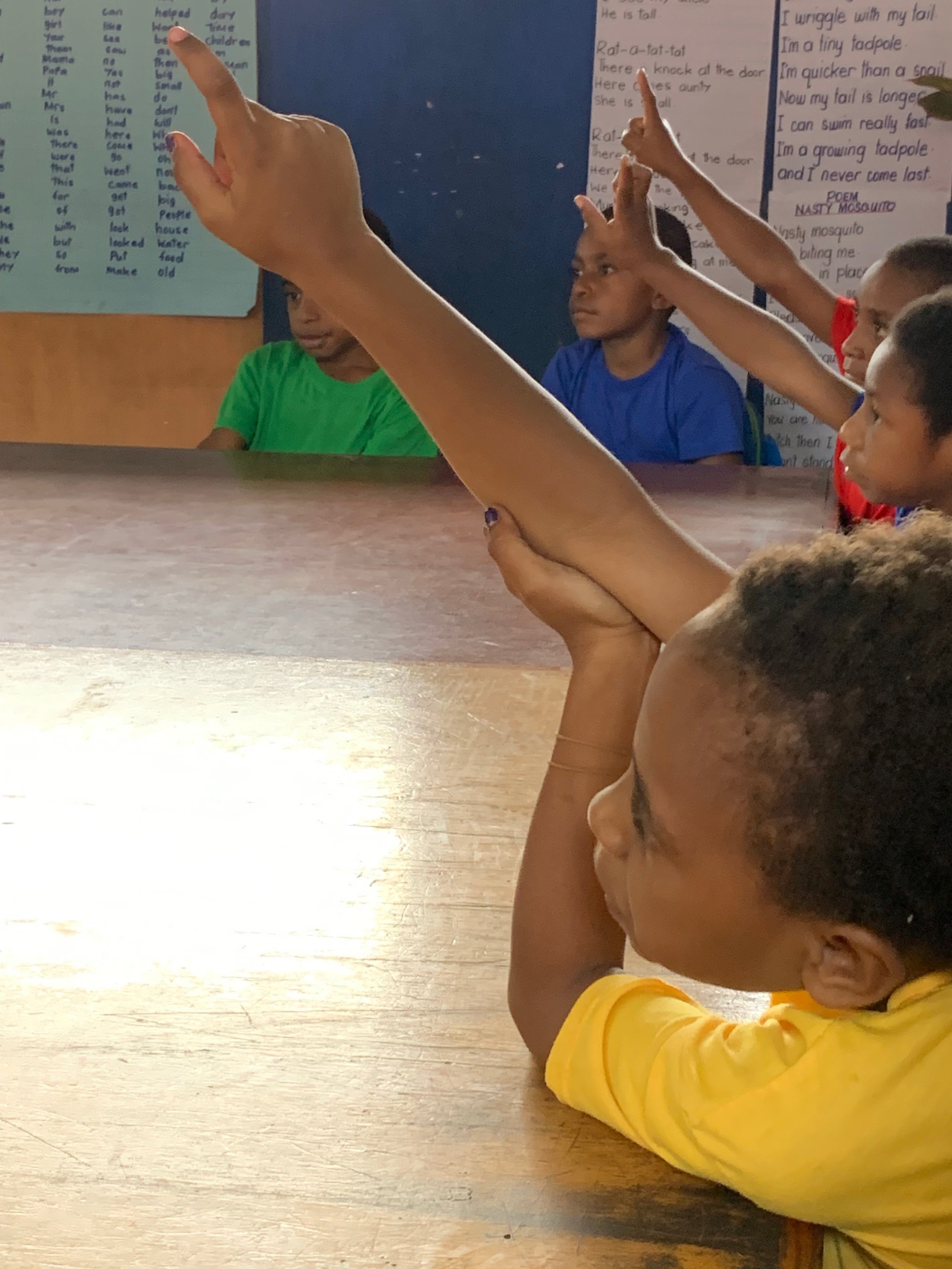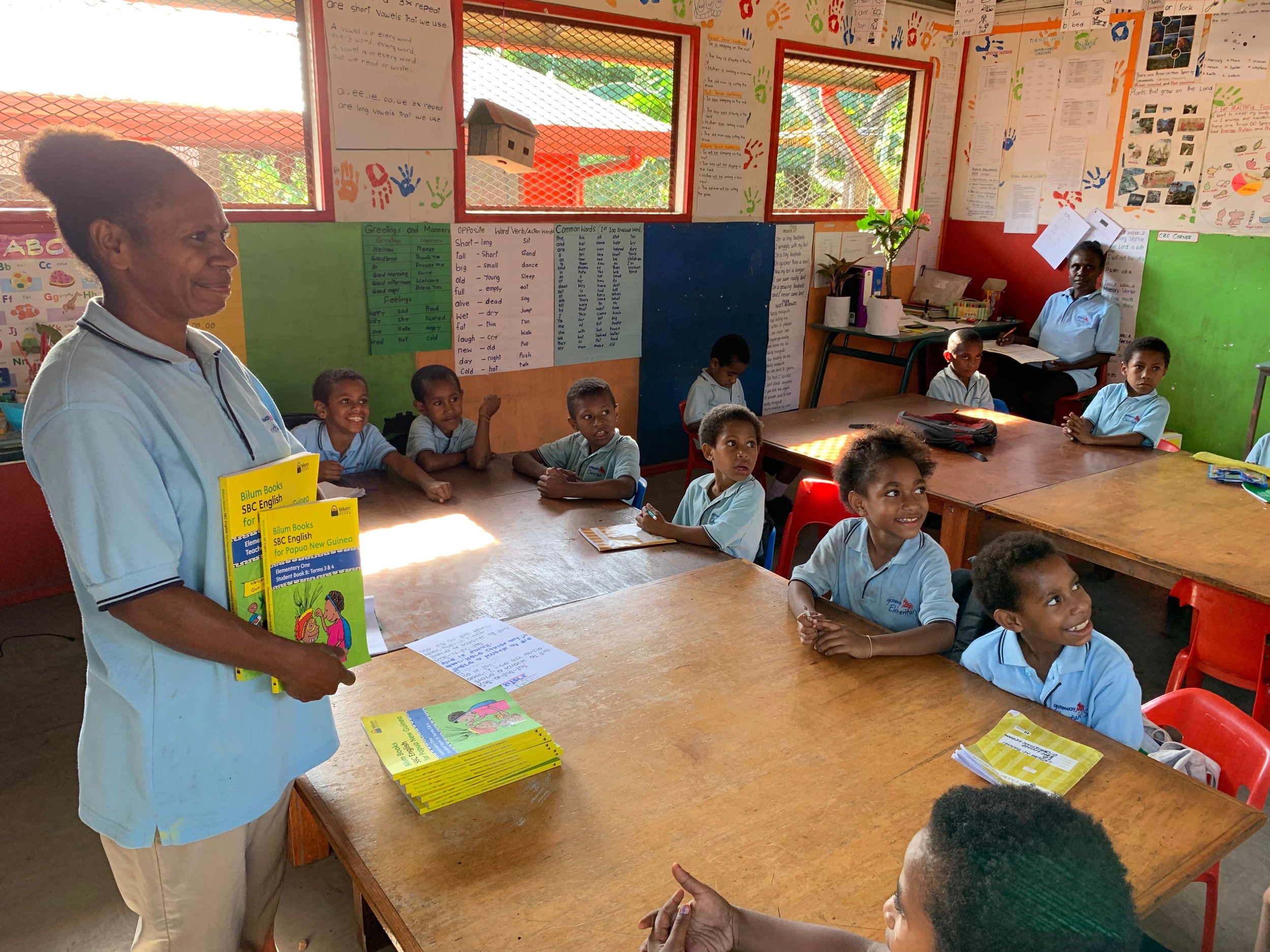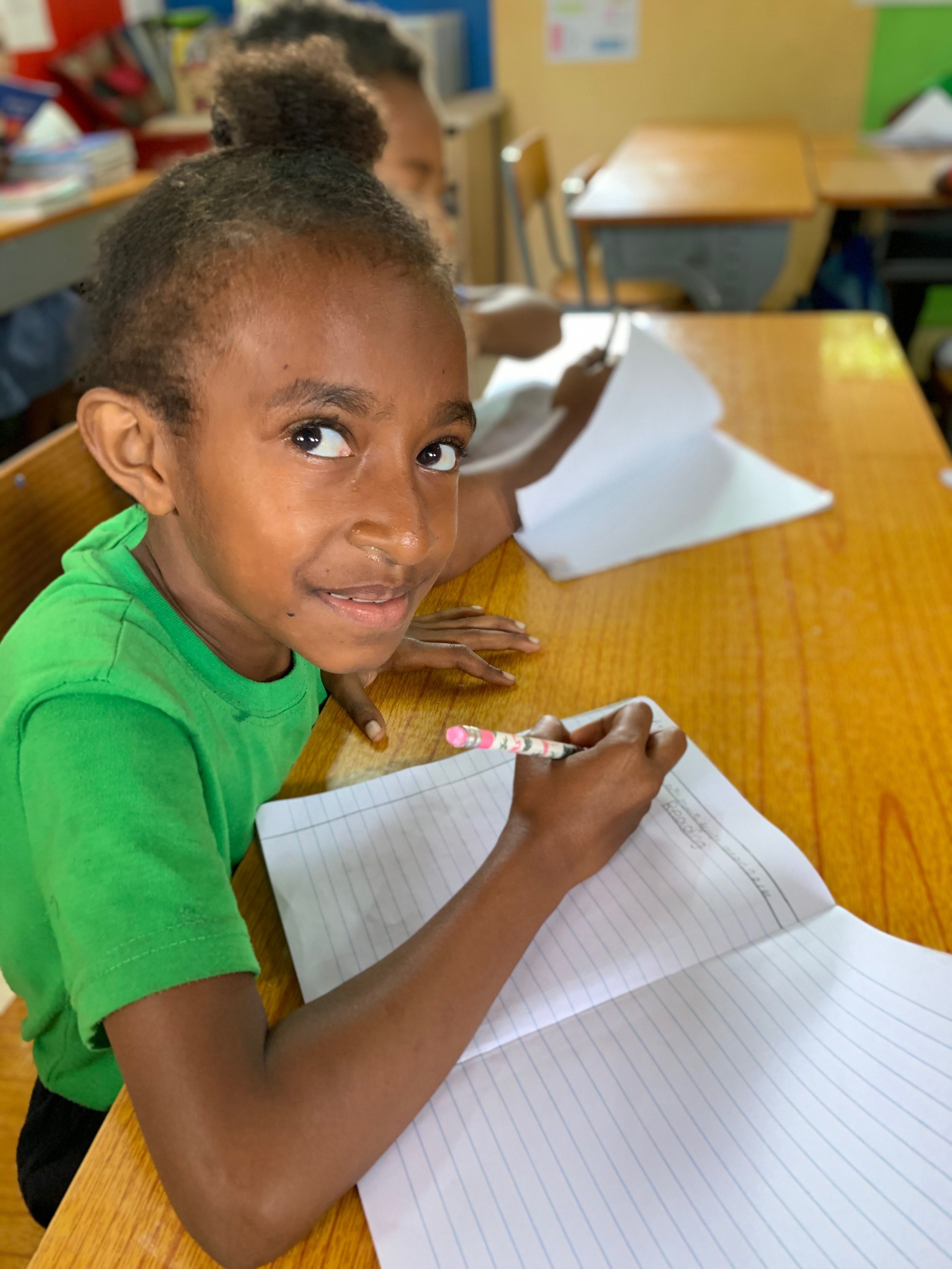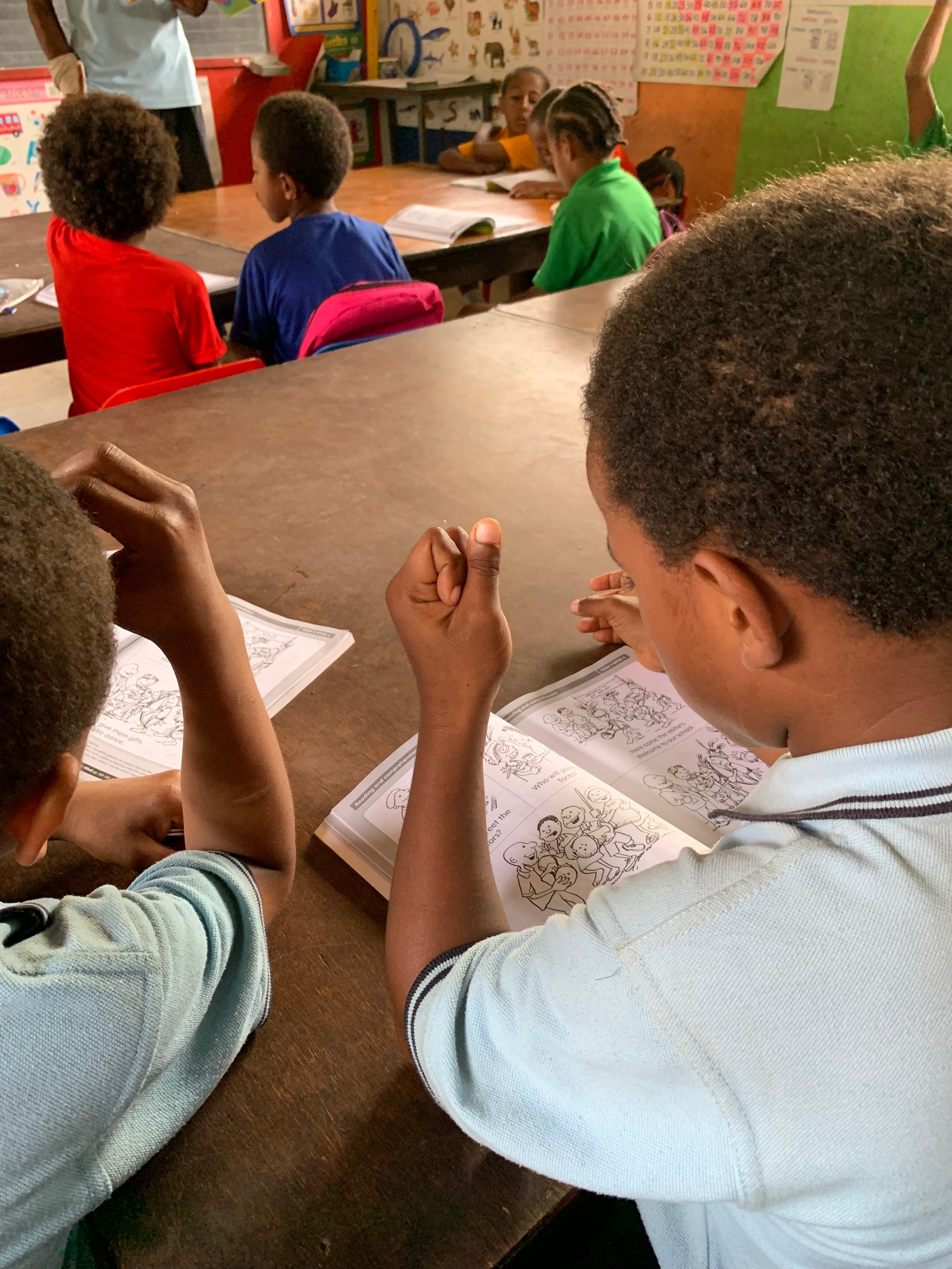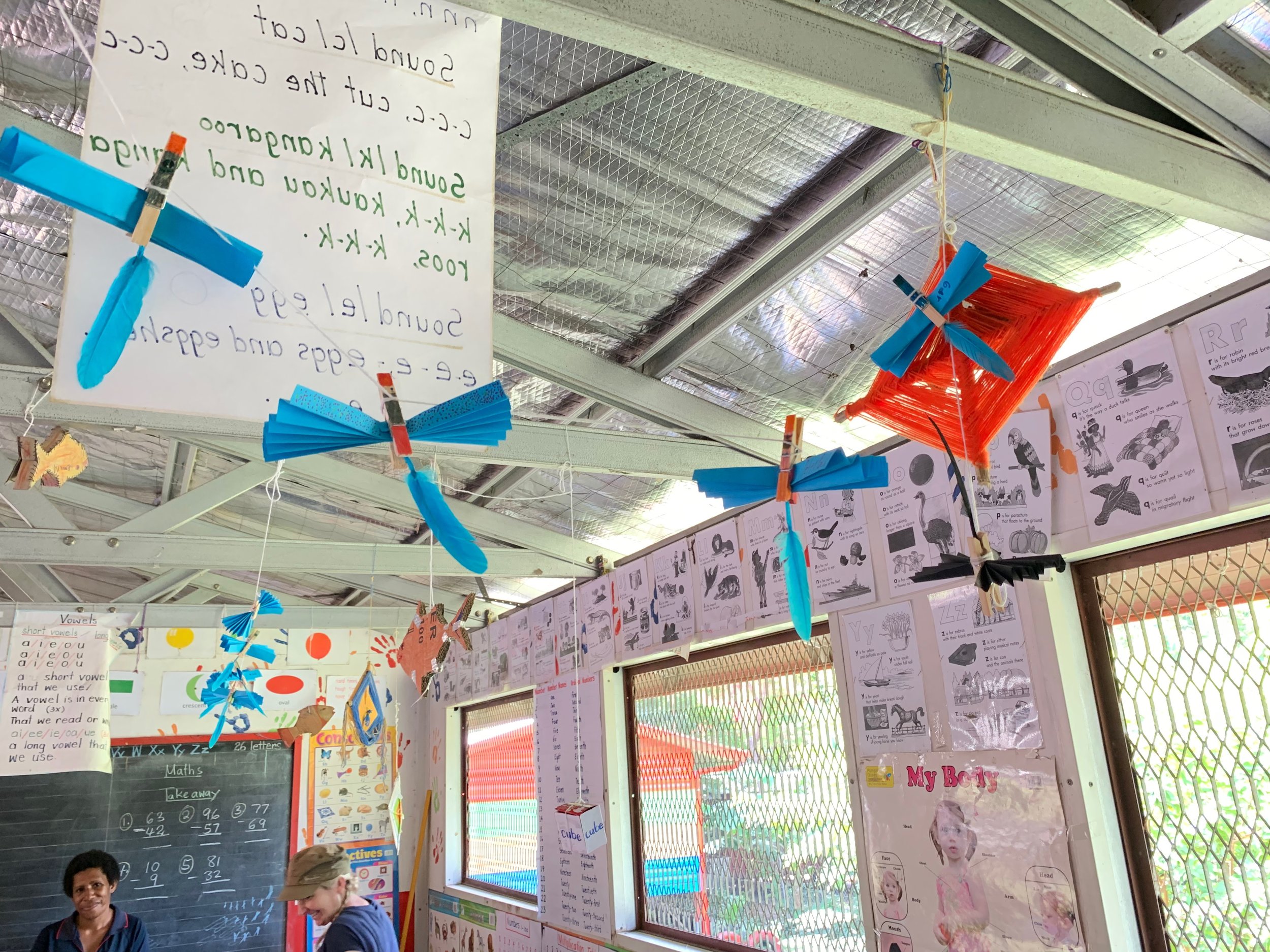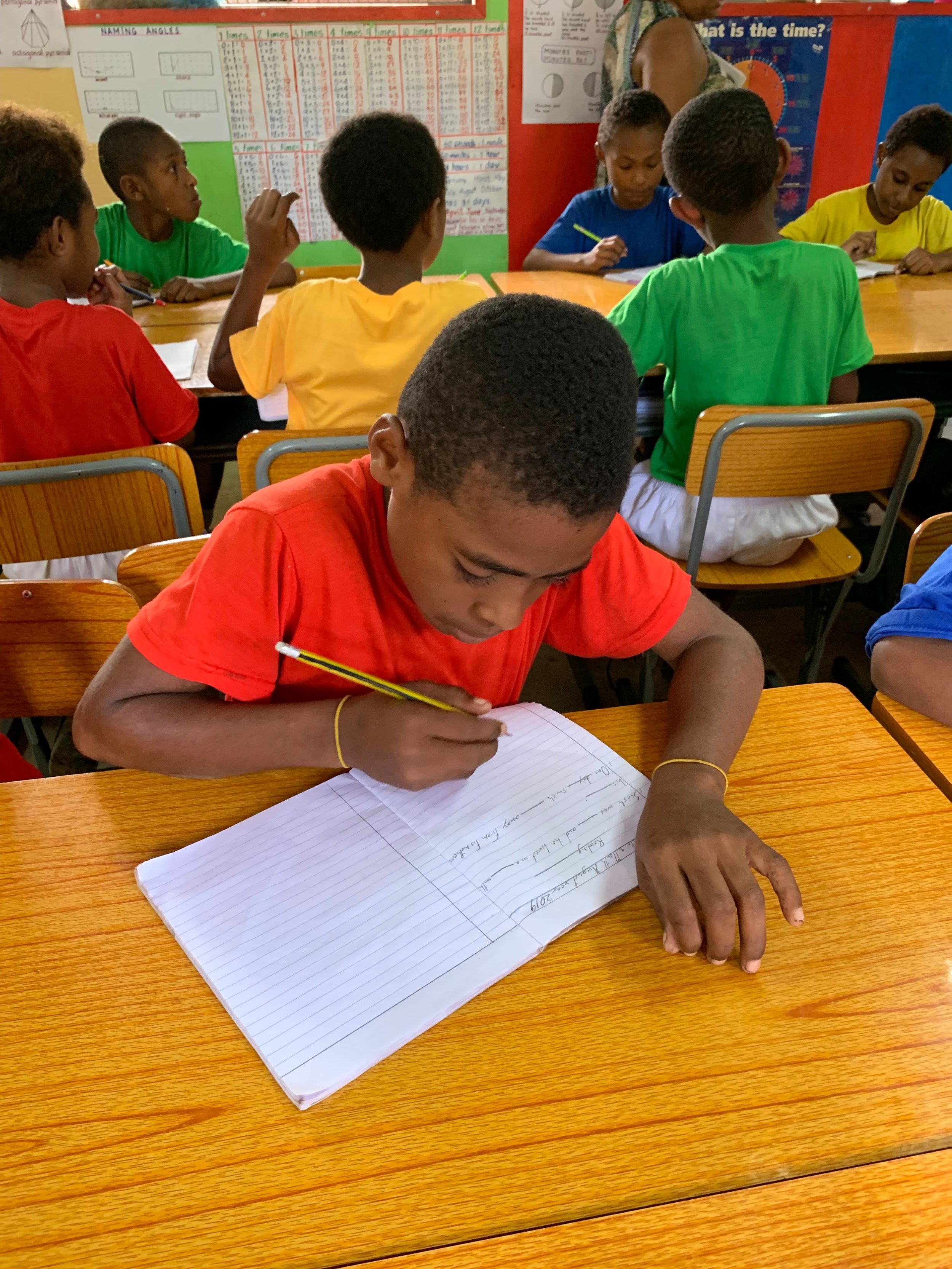A week in the slums of Papua New Guinea
When I was asked to spend a week in a ‘school in the slums’ of Papua New Guinea, I had no idea of what to expect. I had been to India, Bangladesh, the Philippines, Indonesia and a number of other developing countries. I understood there would be poverty, a lack of food, a lack of education, a lack of housing and hygiene, however as I entered a province of PNG that was riddled with destitution, I didn’t expect the poverty to be so ‘in my face’.
Driving up the road just outside the city of Port Moresby, where the paved road literally stops and the dirt road and settlements begin, I saw the scattered rubbish, abandoned cars, make-shift homes, and people sitting on the streets resigned to the fact that this was their lot in life, dwelling in the endless cycle of poverty. These people and their children were the poorest of the poor.
But as our driver, pull into the gates of the school, there was a sense of hope. The children attending this ‘school in the slums’ would otherwise have no opportunity to read, write and be educated. The Gateway Elementary School is a tranquil oasis; an outpost of hope which is releasing children from poverty through education. This school has been in operation in the slums of Port Moresby for ten years, with classes from Preschool to Grade three, and a plan to grow to Grade six in the next three years.
I spent a week with these precious children, reading stories, playing games, singing rhymes and making craft with the school’s Education Director and dear friend Trish Swenson, and together showing the students and their national teachers that learning can be fun.
Unlike Australian children, who have a sense of entitlement and are disappointed if they don’t get chosen for a game, these children in PNG are just grateful to be in a classroom. These children know where they have come from, and at the end of a school day, they know where they have to go back to. These children love their school. They don’t want to leave the grounds of this oasis. It is safe, unlike the settlements in the slums to which they must return after school each day.
I also spent time in the classrooms, observing some English lessons in which Bilum Books text books were used. I’ve been working as a freelance writer for Bilum Books Publishing this year; contributing short stories and poems. Their priority is literacy, their mission is to help raise the literacy standards in PNG and produce good quality books. Education is key. Education is a human right that unfortunately not all children receive. But it was an absolute joy to sit in on these classes, to see these books being used, to hear these children read and to see them write.
“There is only one thing that proves to be more expensive than education in life. The lack of it. But when addressed, the results are nothing short of a miracle.” *
It was a privilege to visit PNG. It was a privilege to spend a week in the community and it was a honour to serve at this ‘school in the slums’ which is nothing short of a miracle as it helps to break the cycle of poverty one child at a time.
If you want more information and want to support, go to - https://www.childrensfund.org.au/
Education: Key to Breaking Cycle of Poverty 01/24/2017 05:43 pm ET Updated Jan 25, 2018, Huffpost.com Gloria Bonilla-Santiago – Contributor
